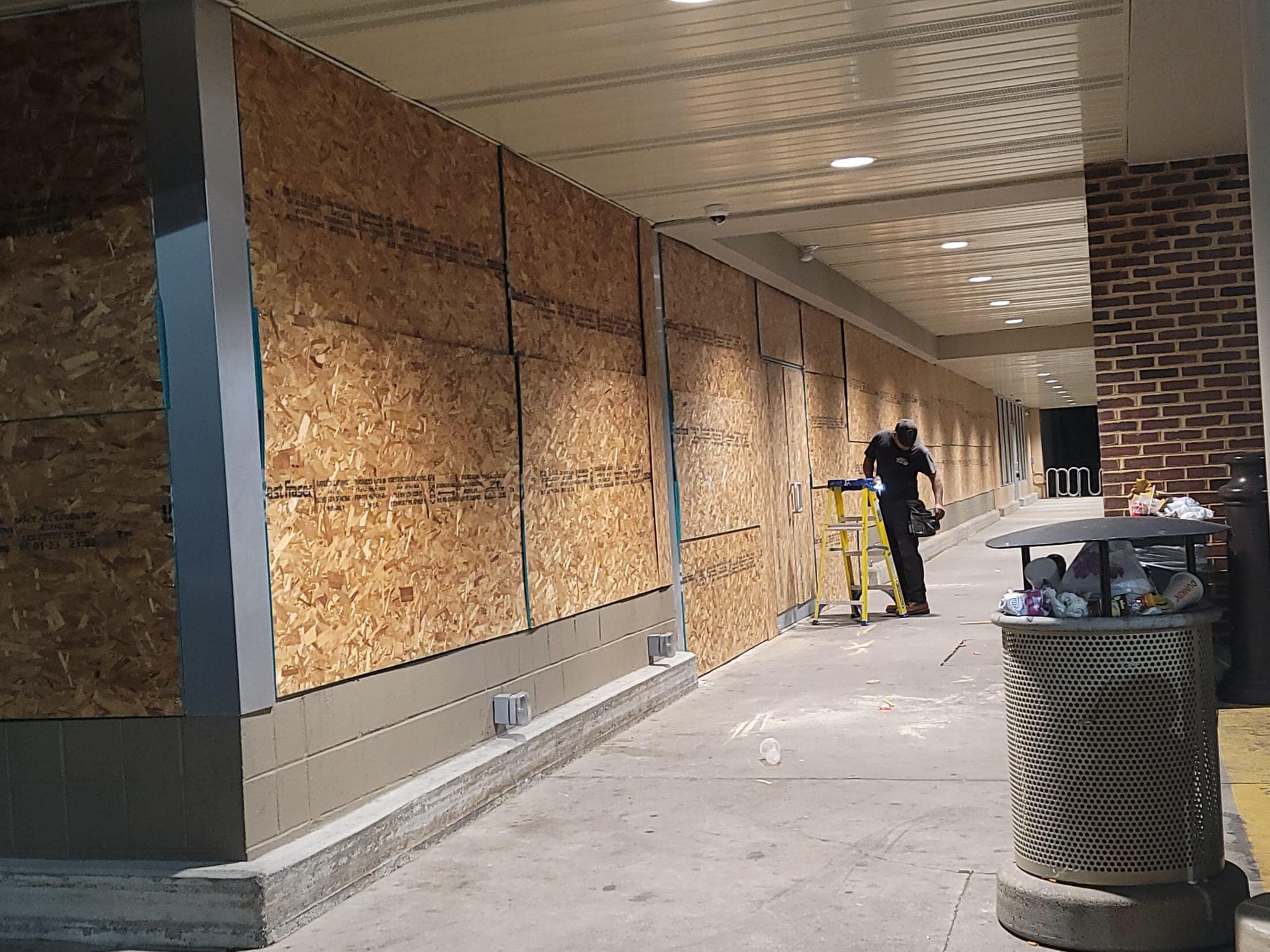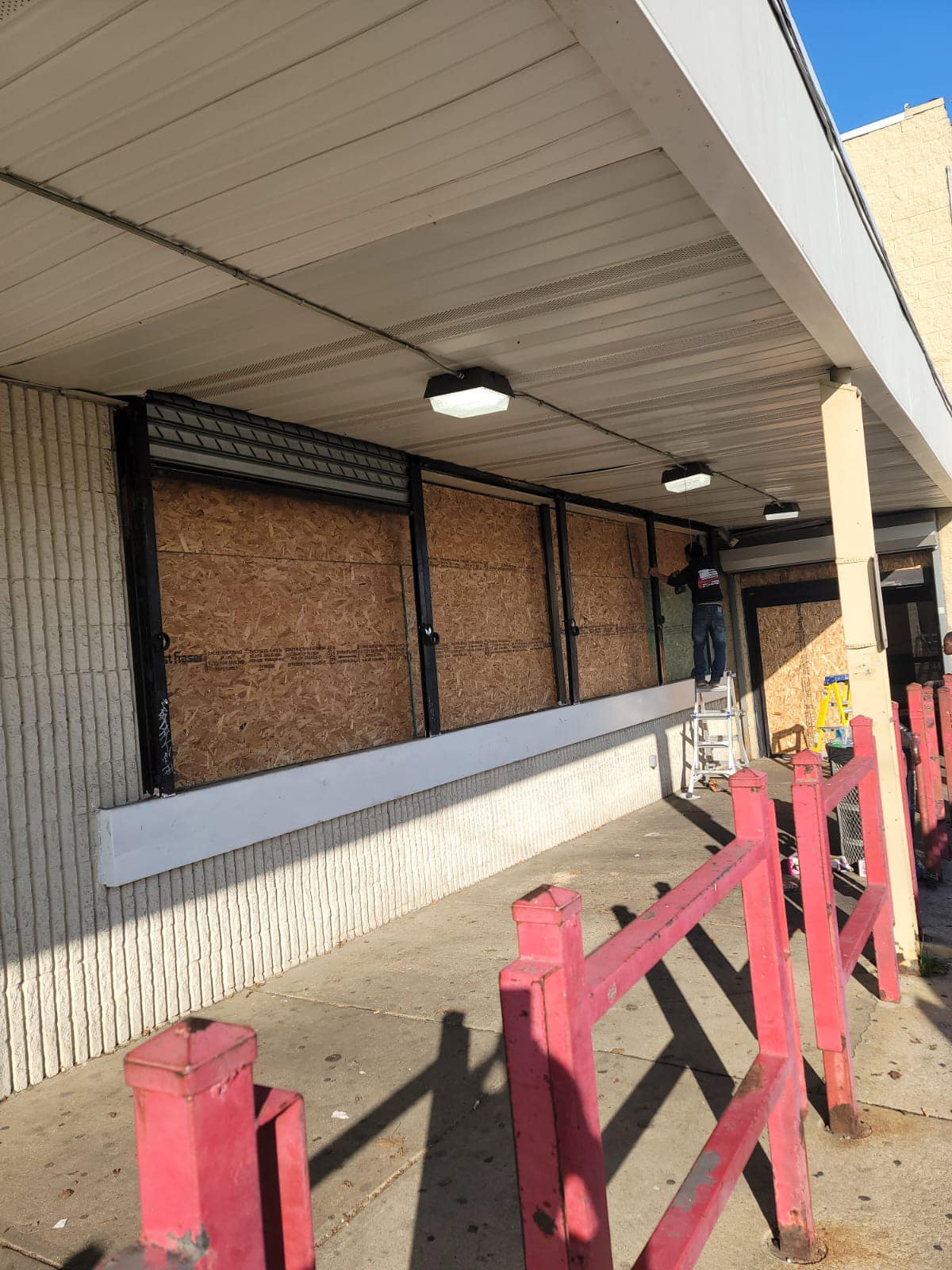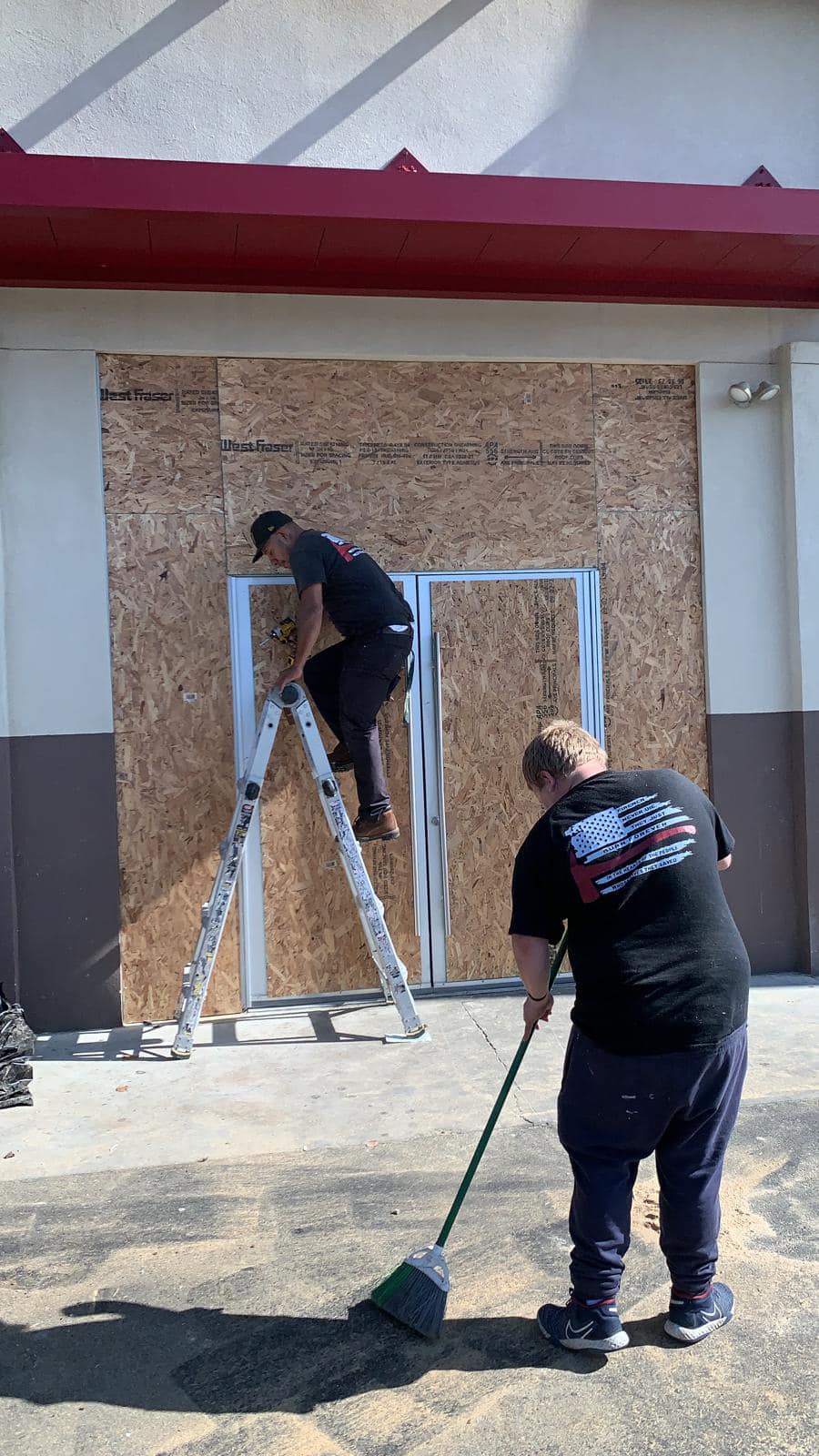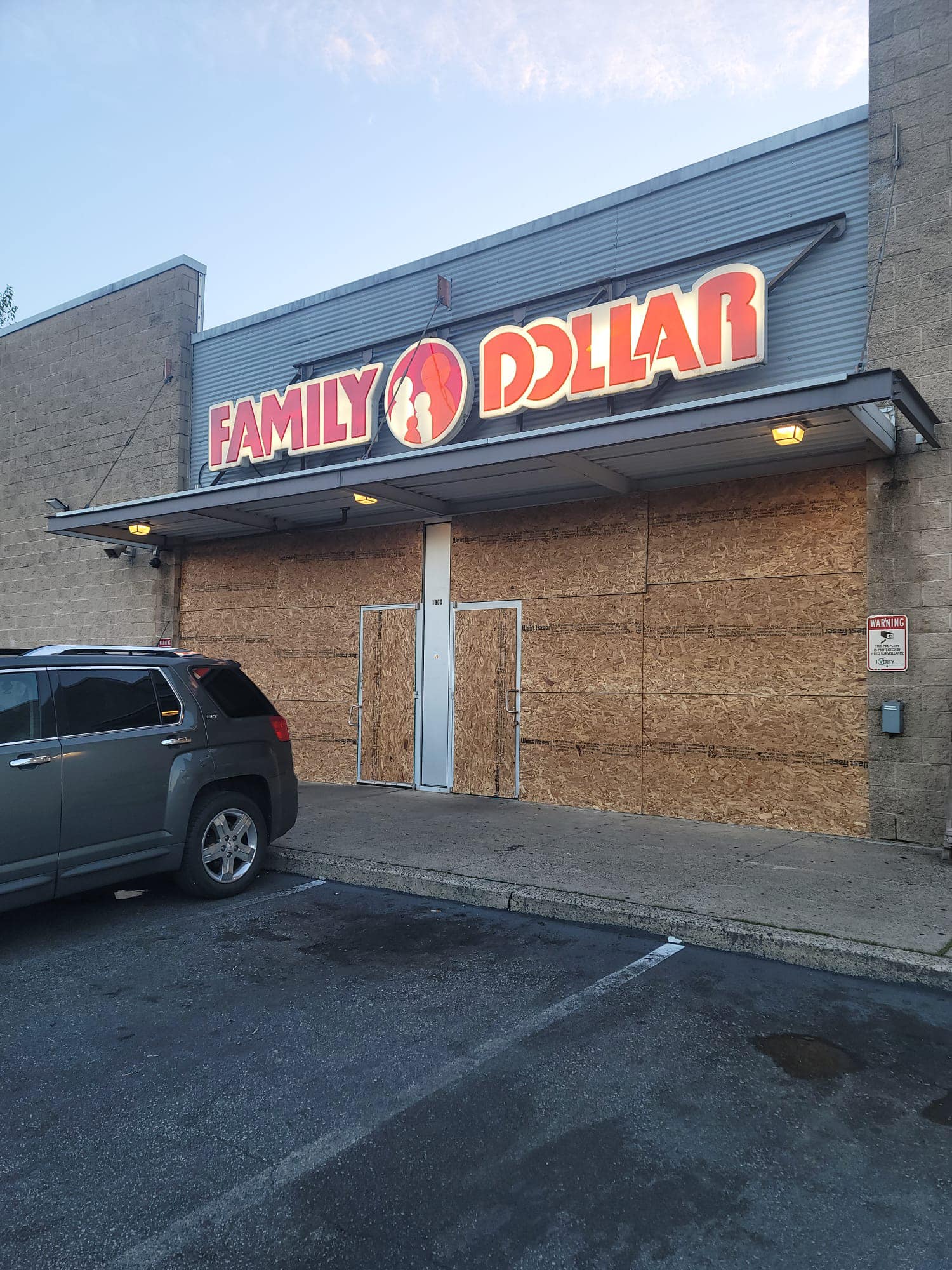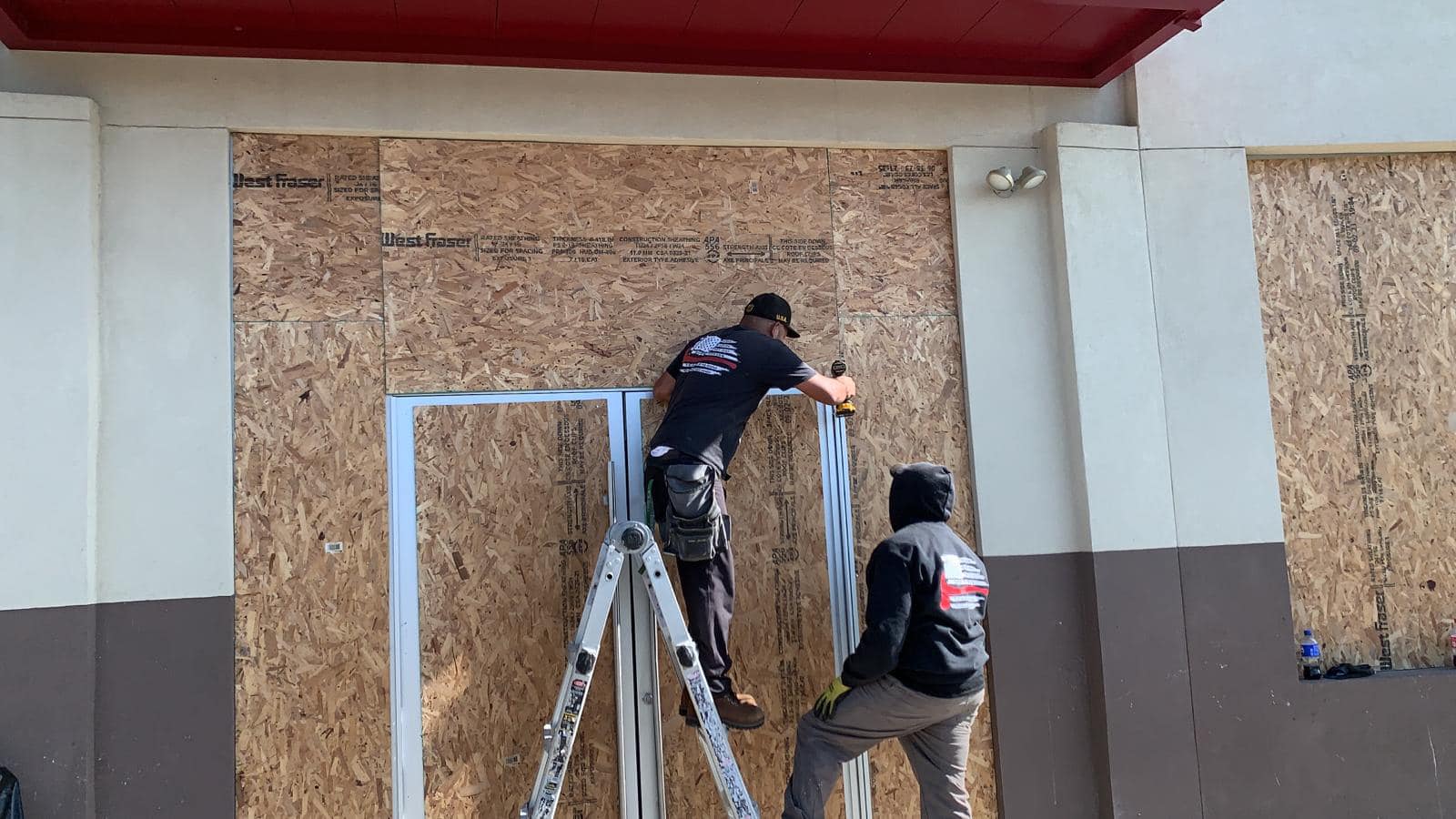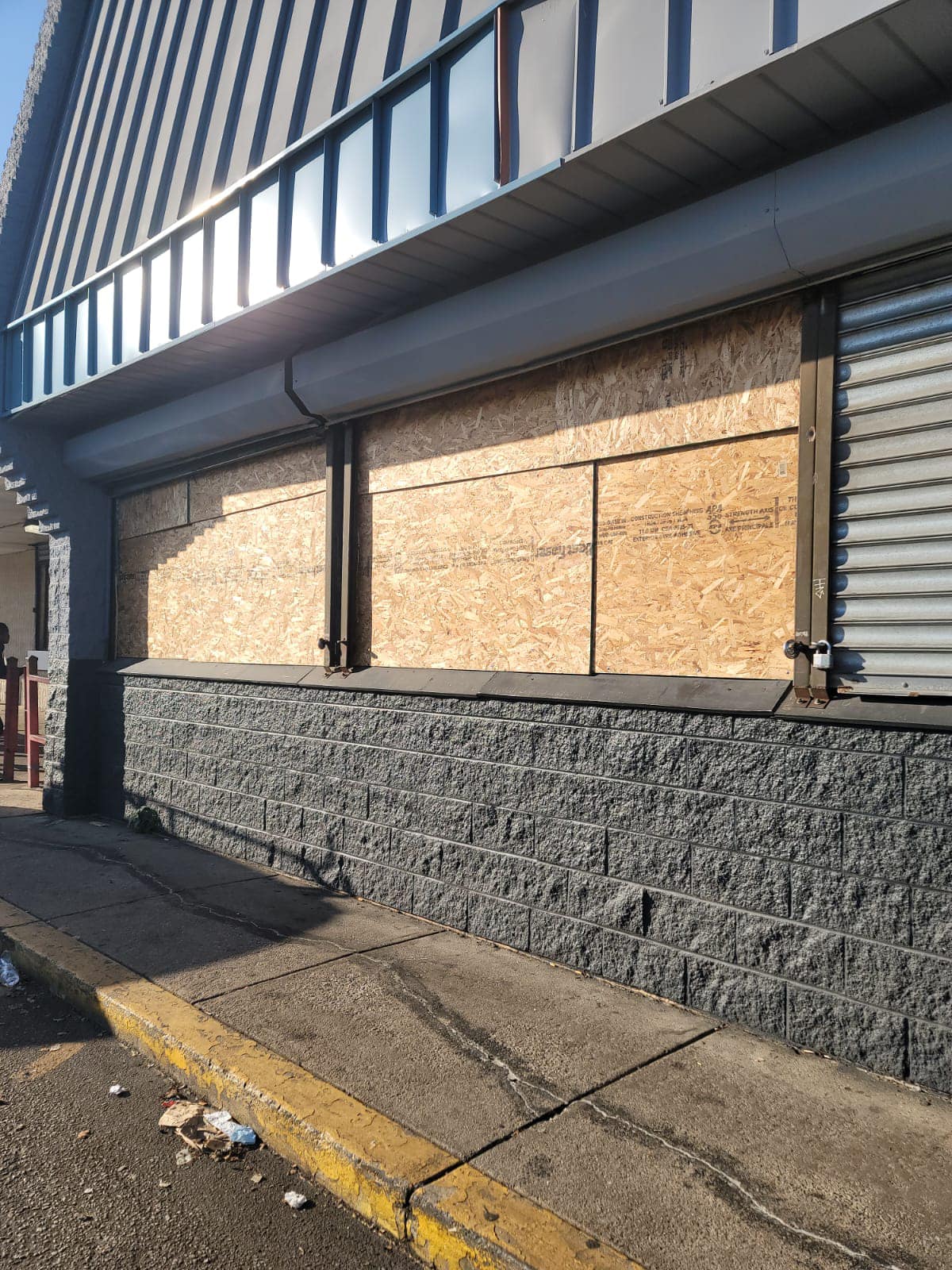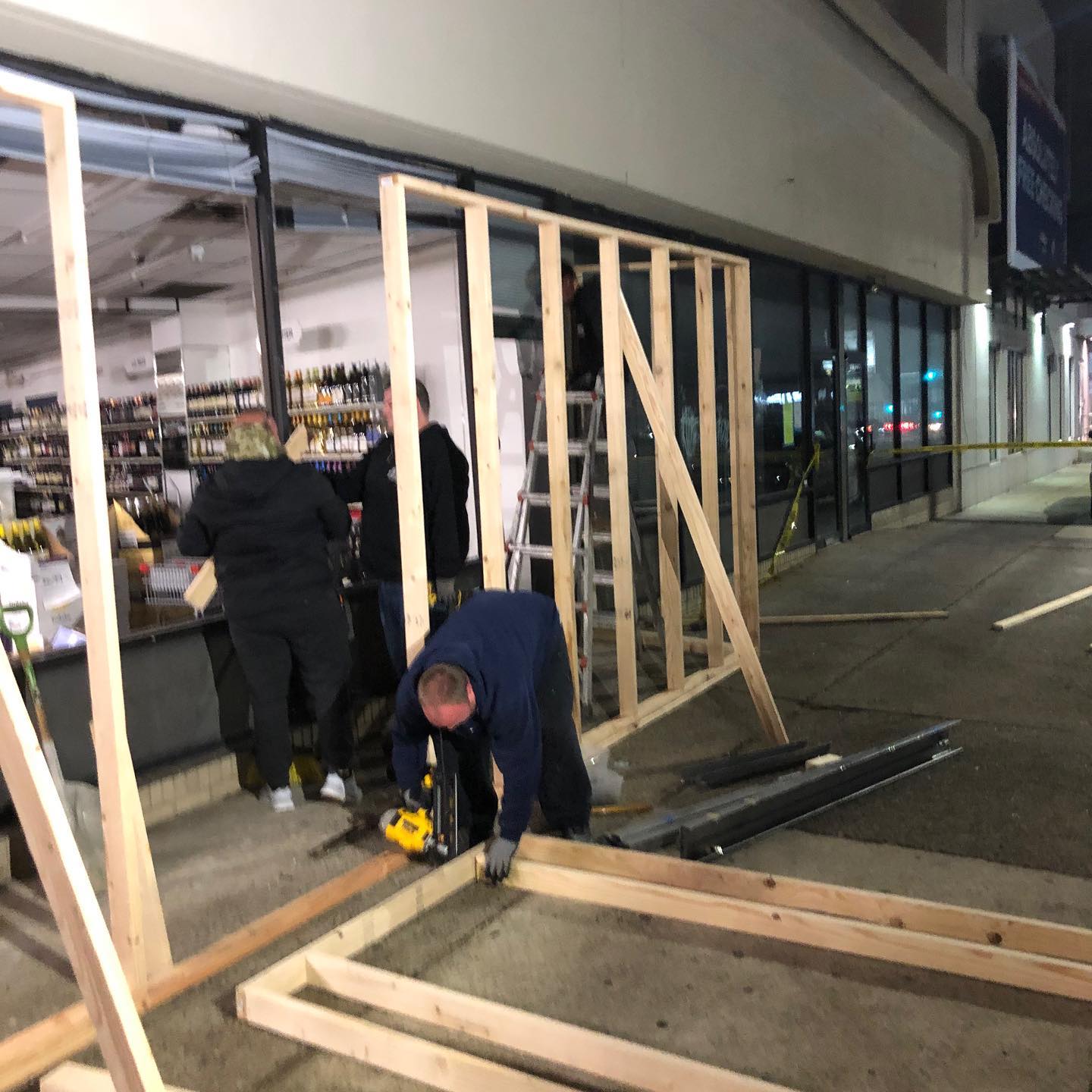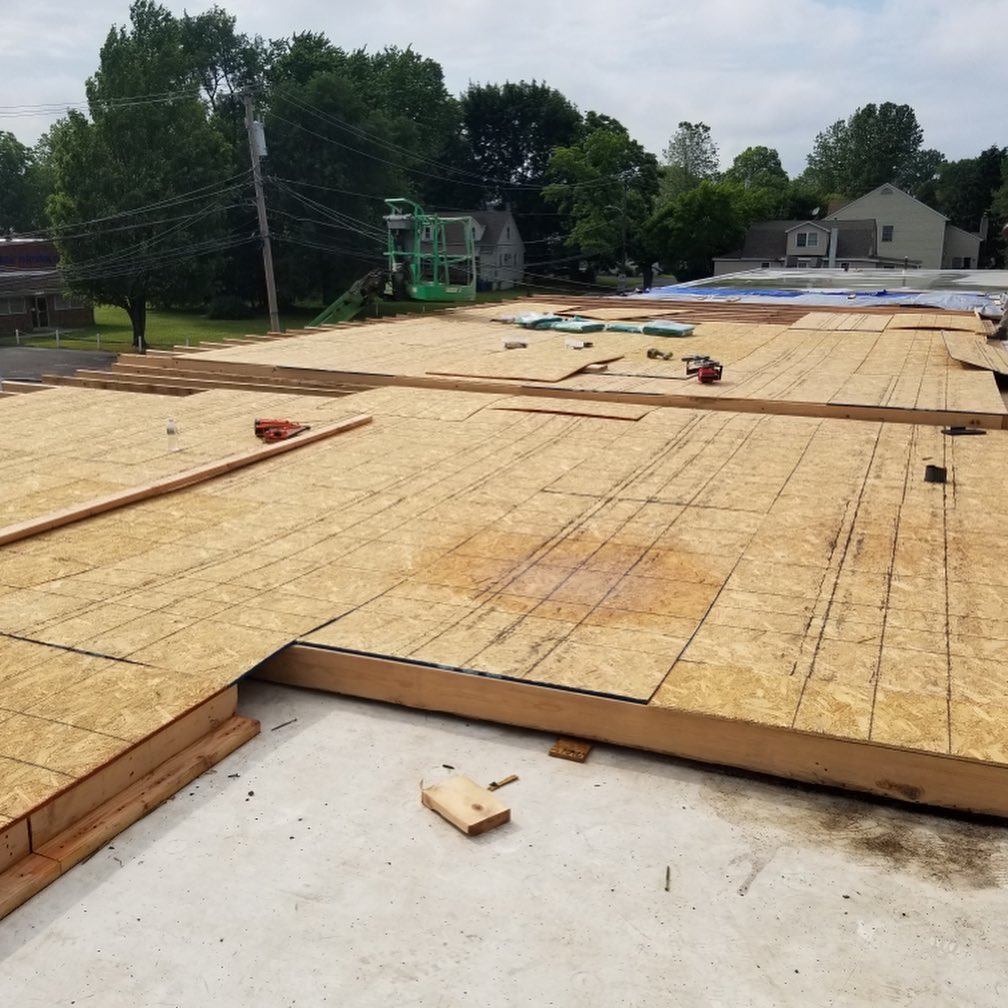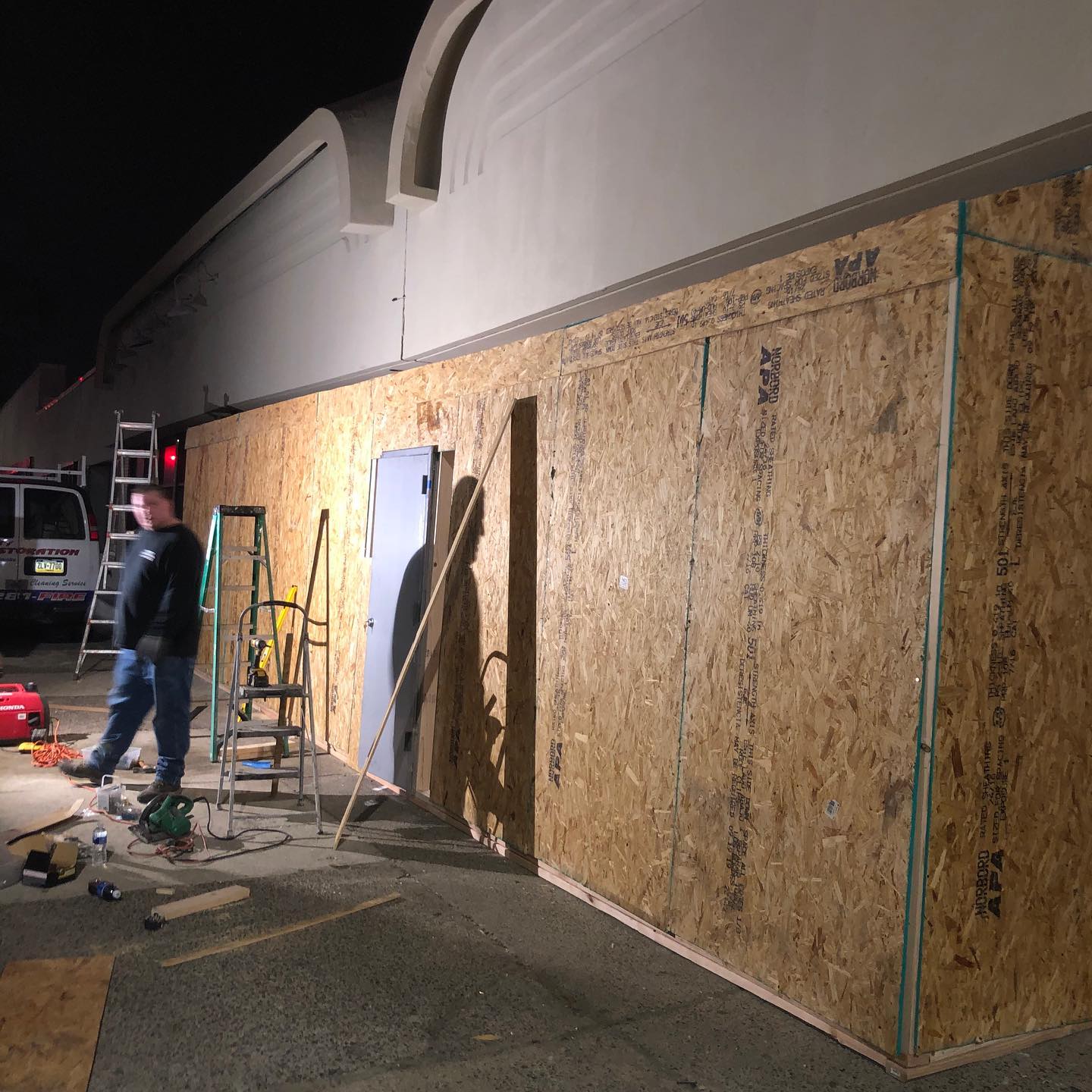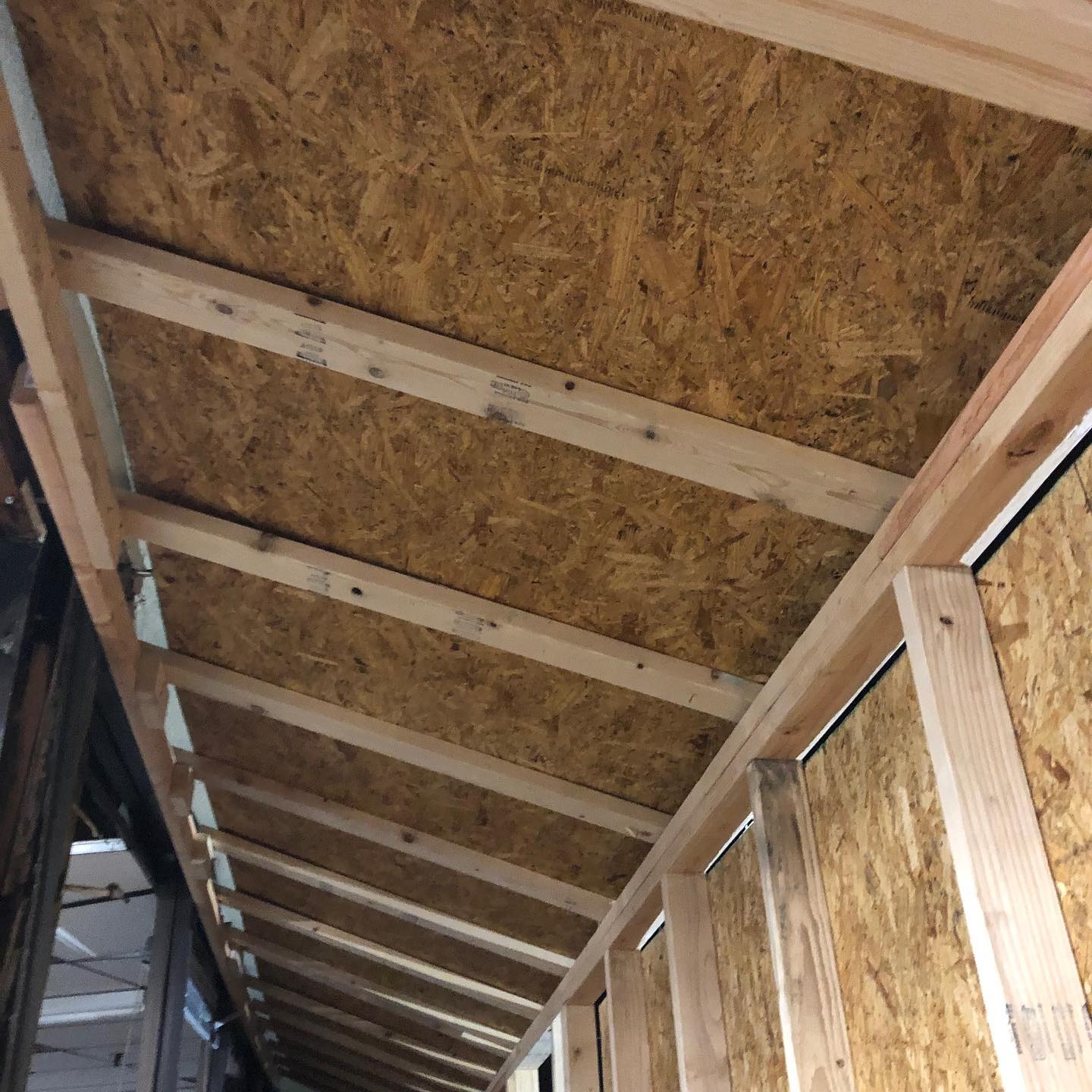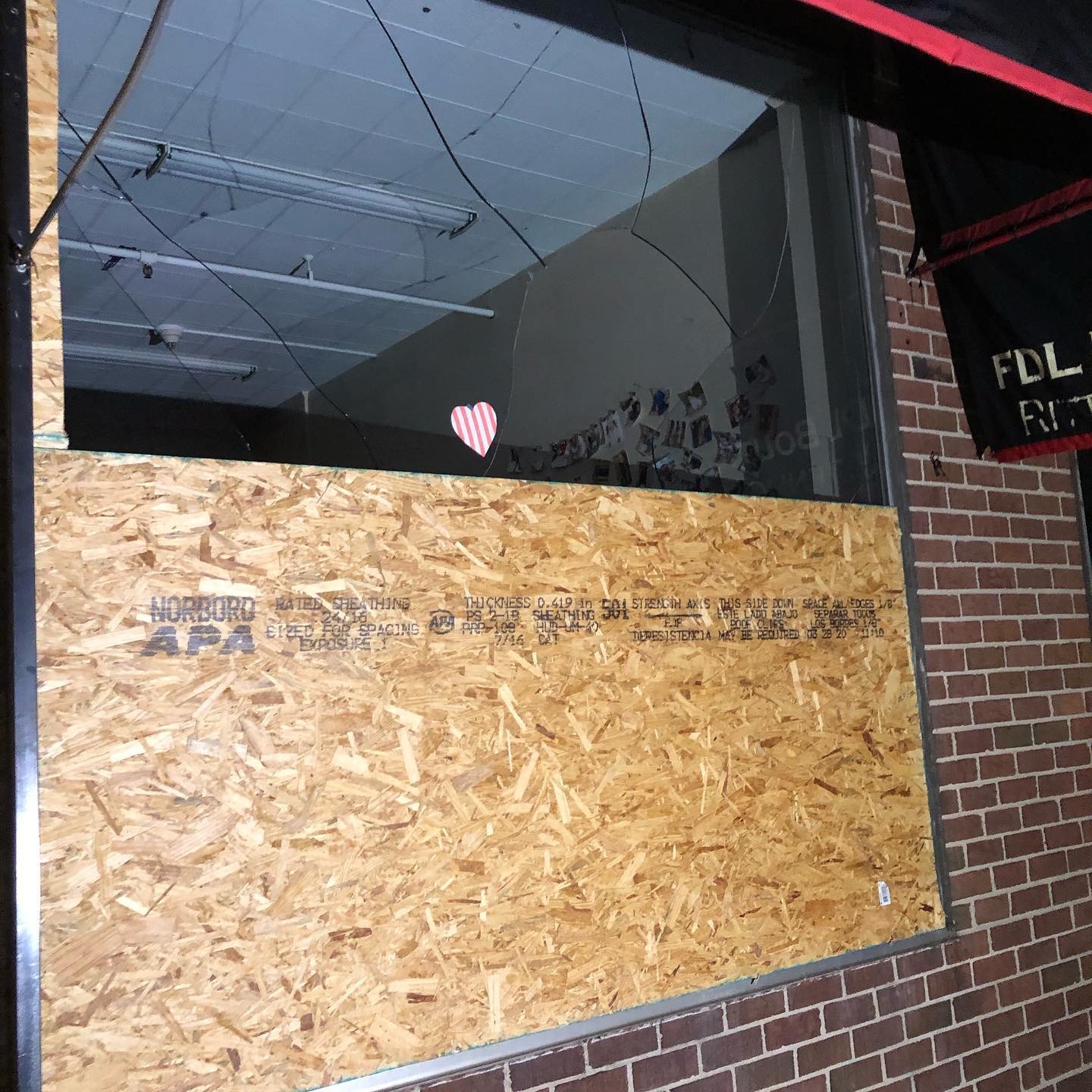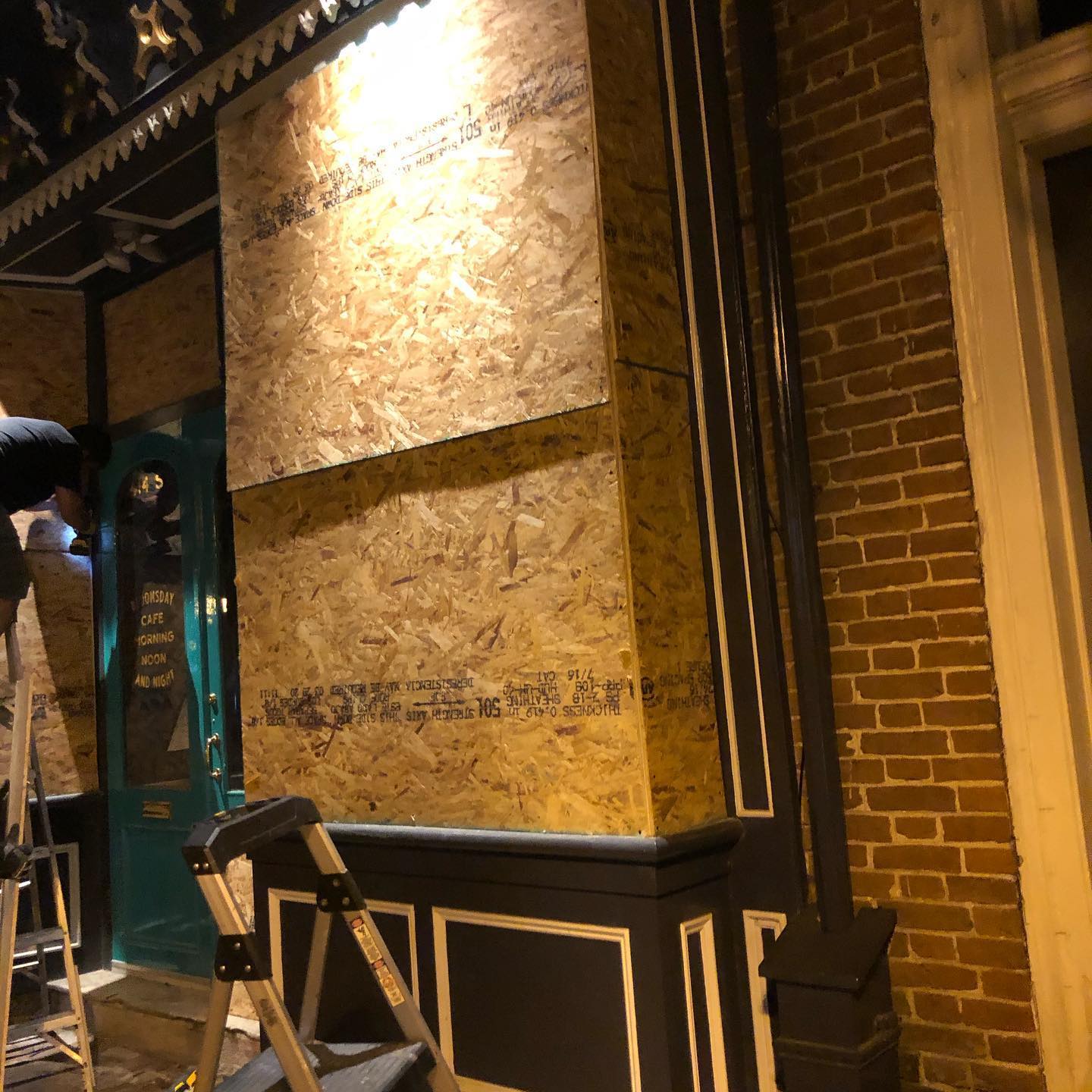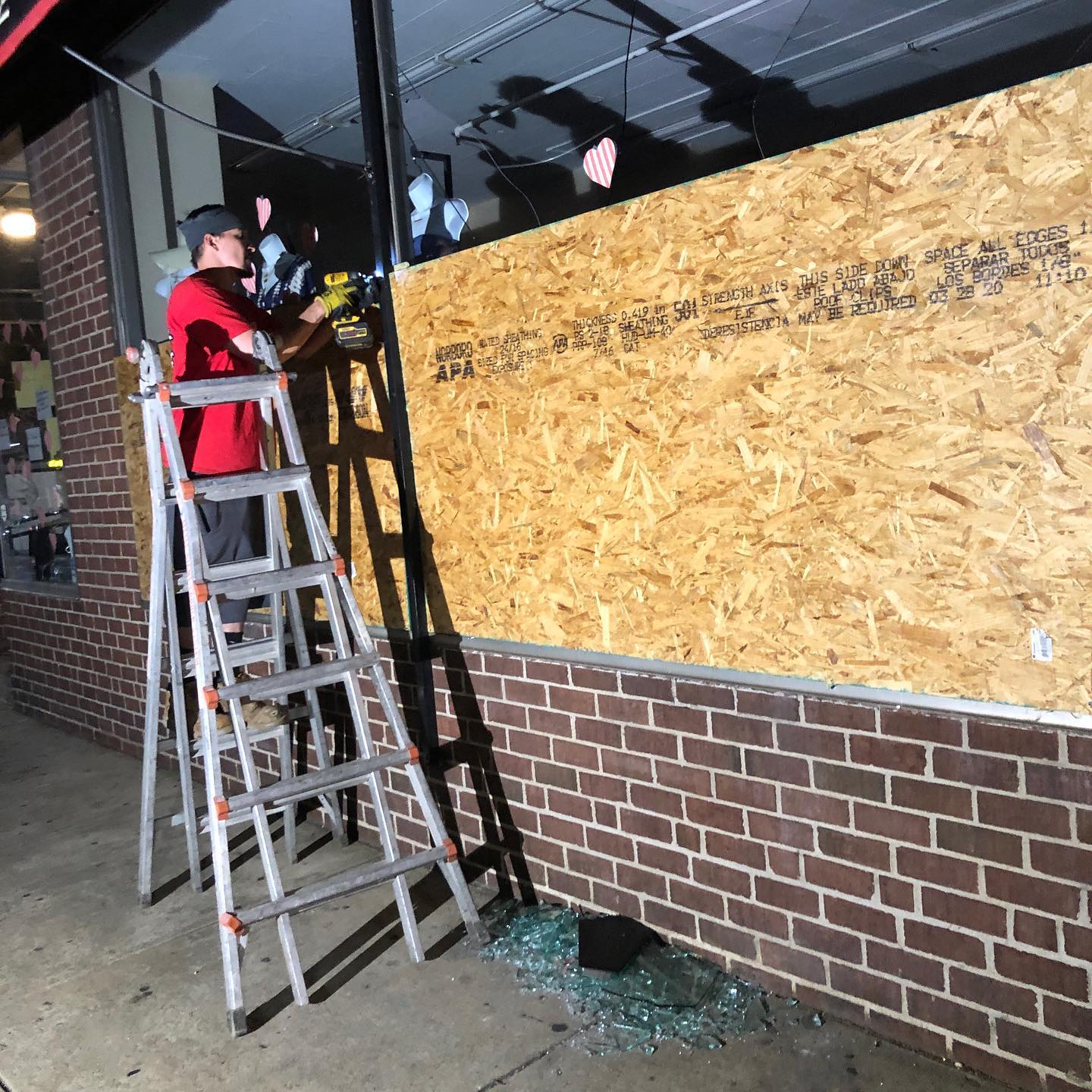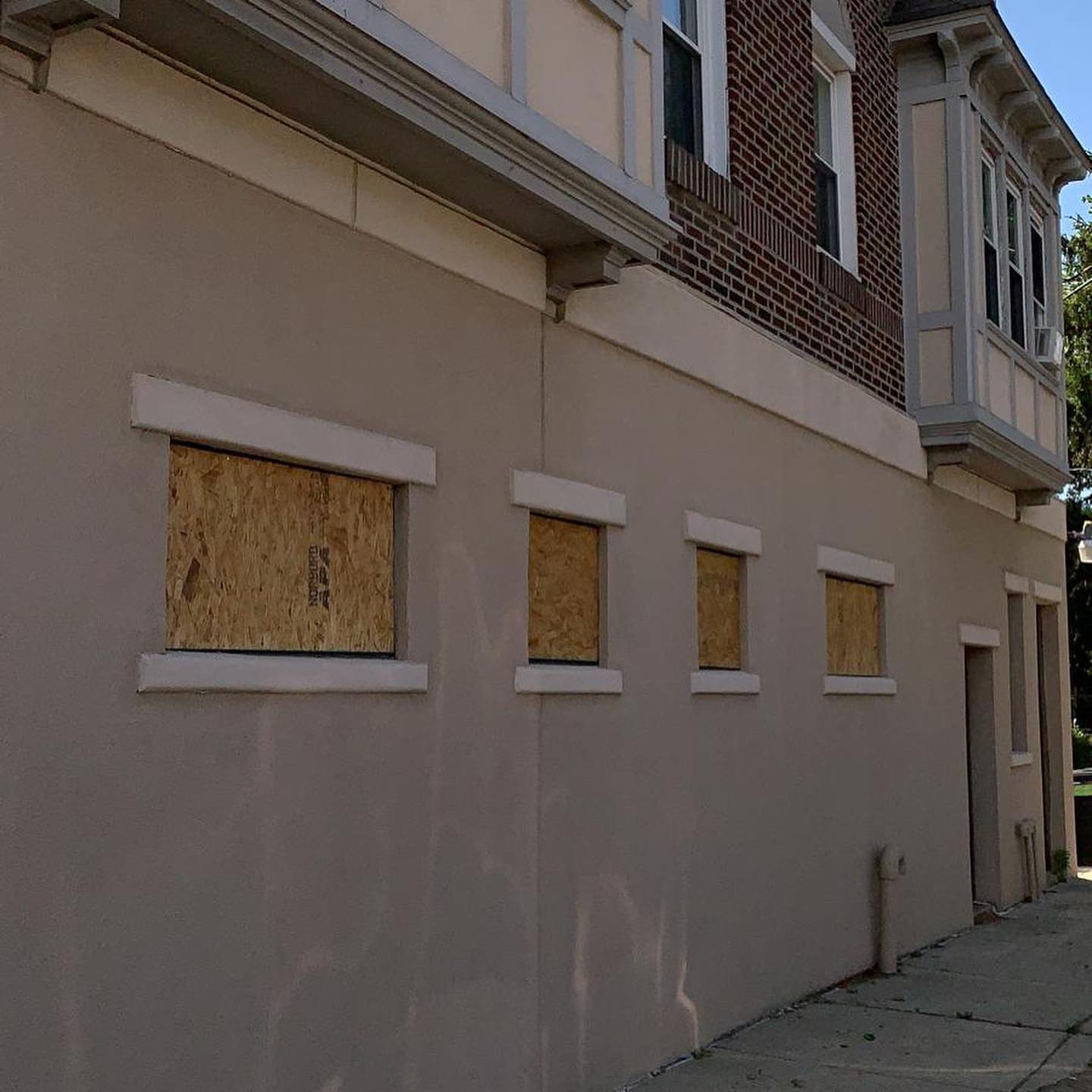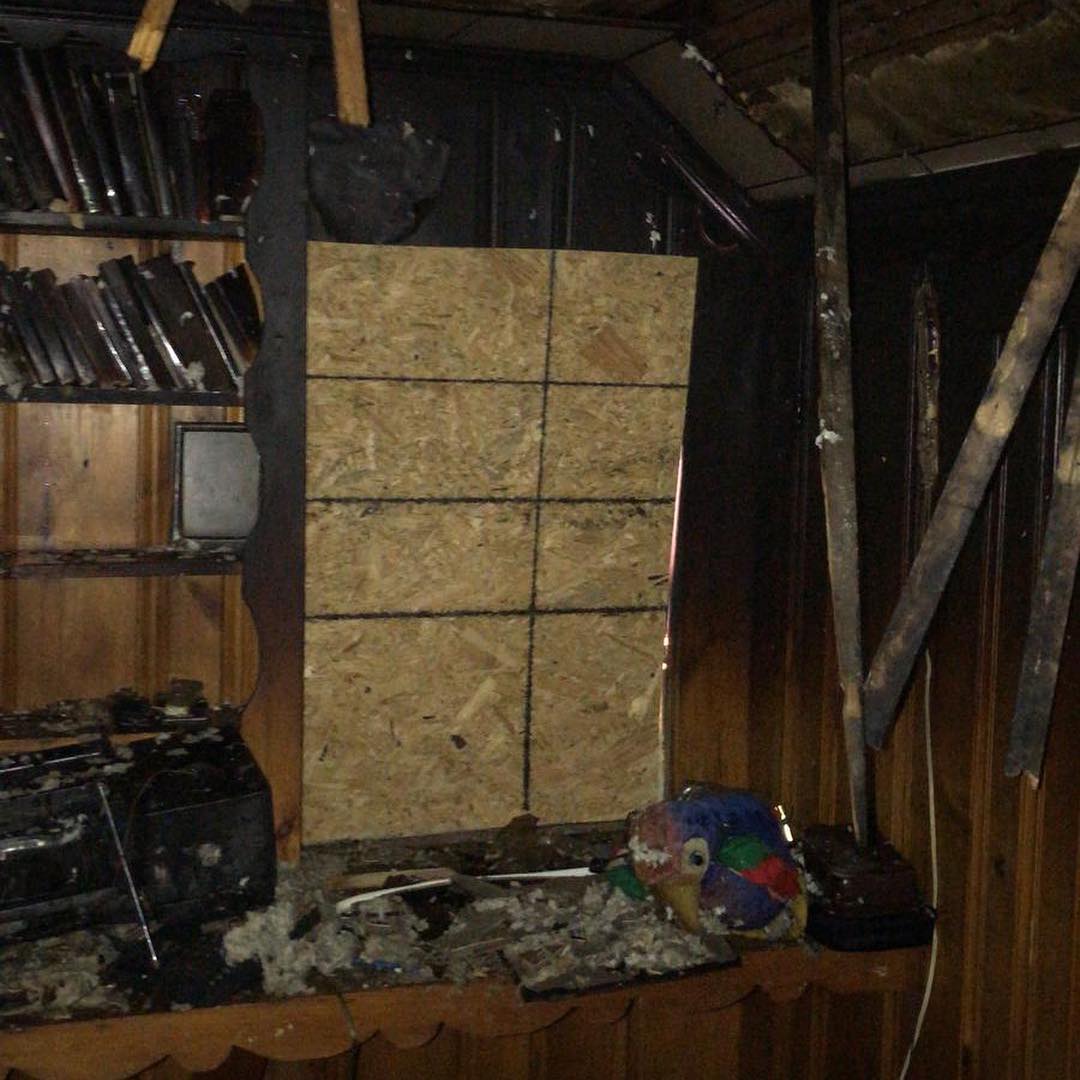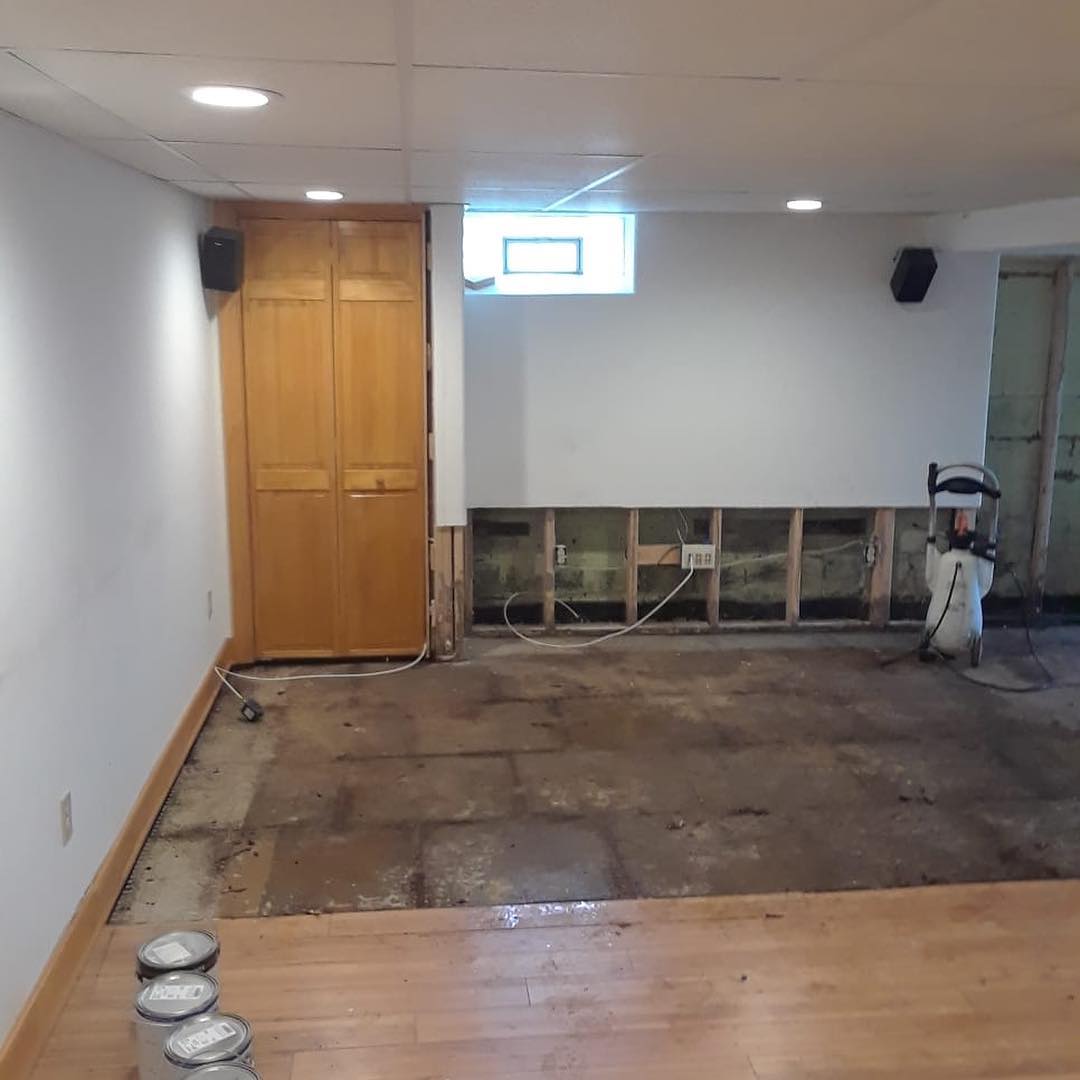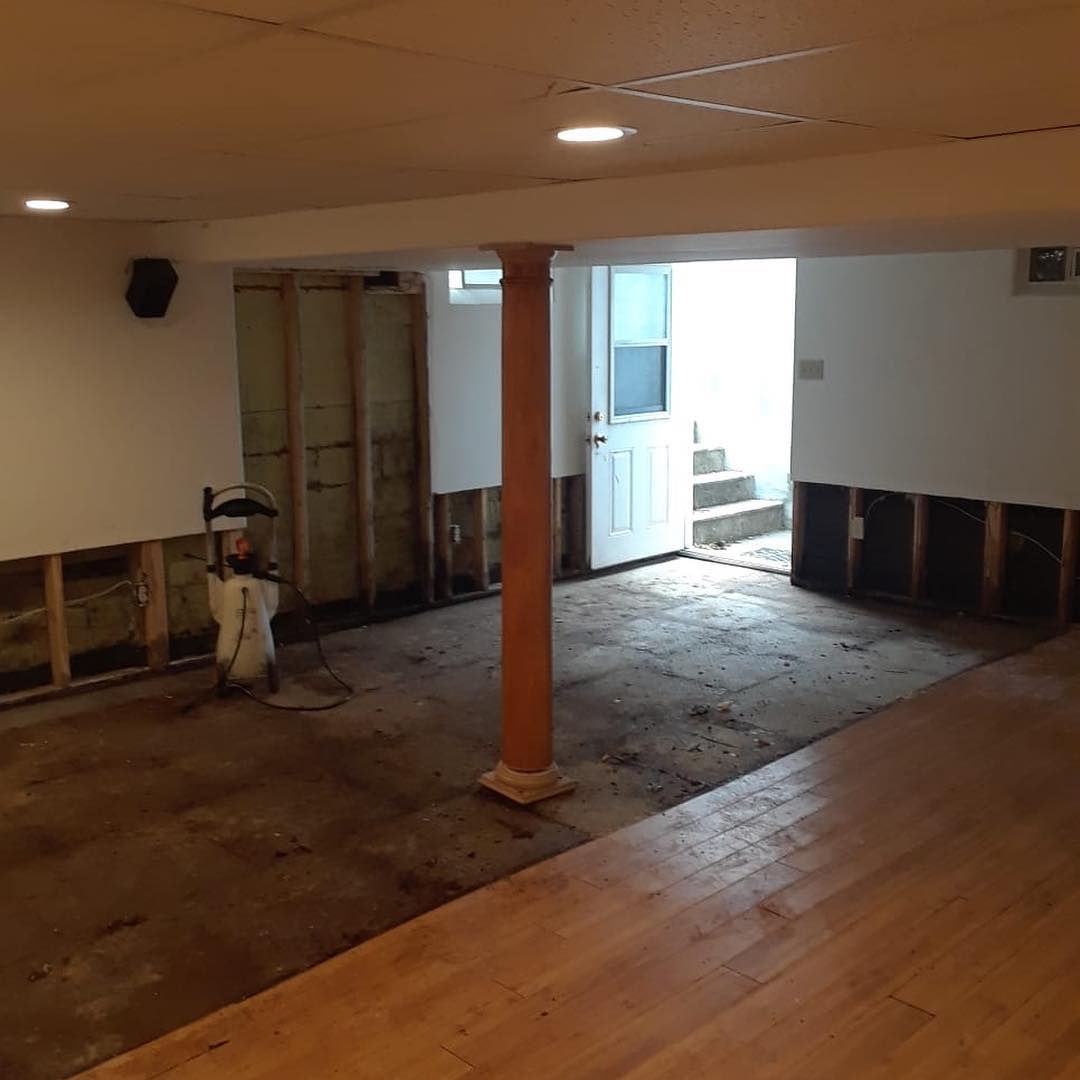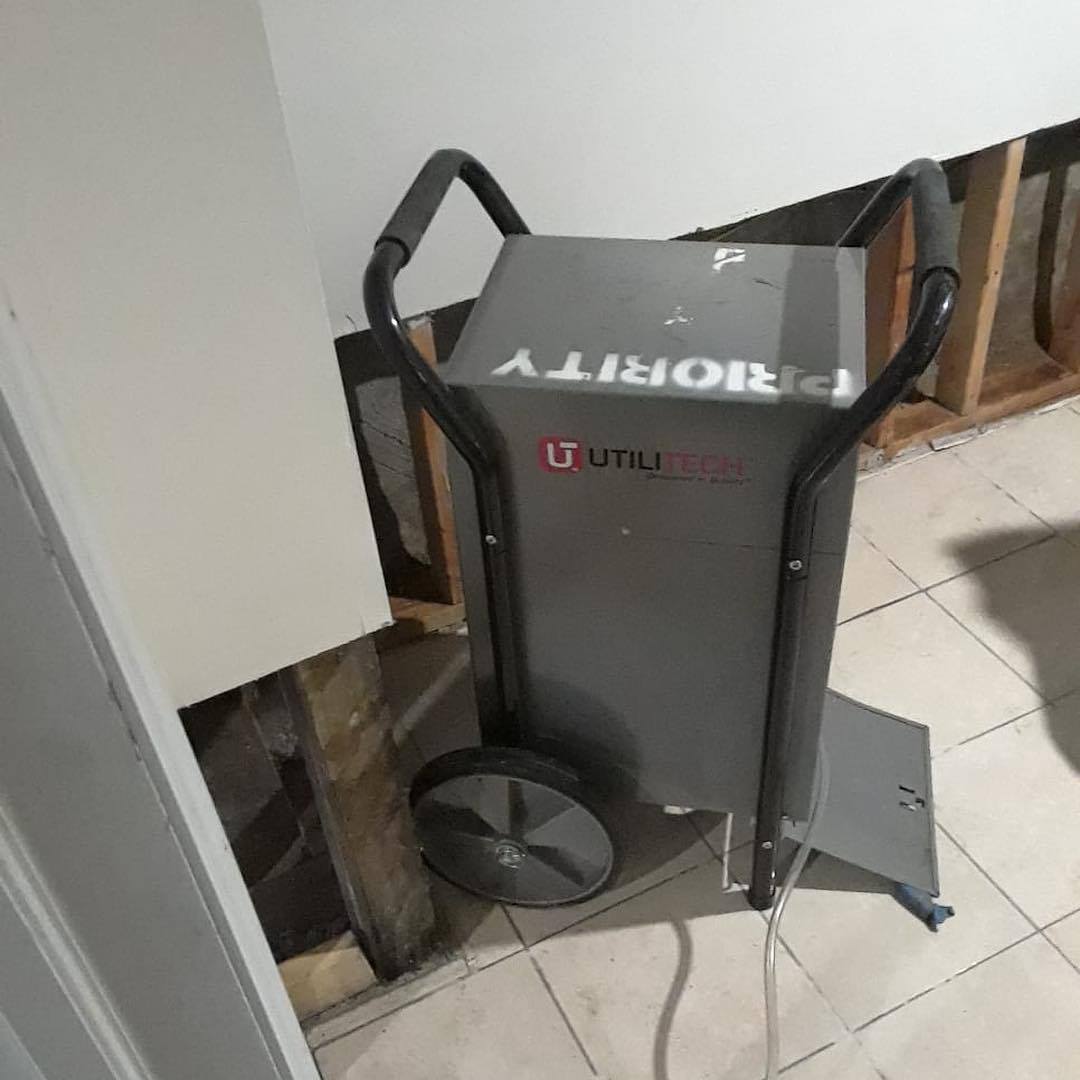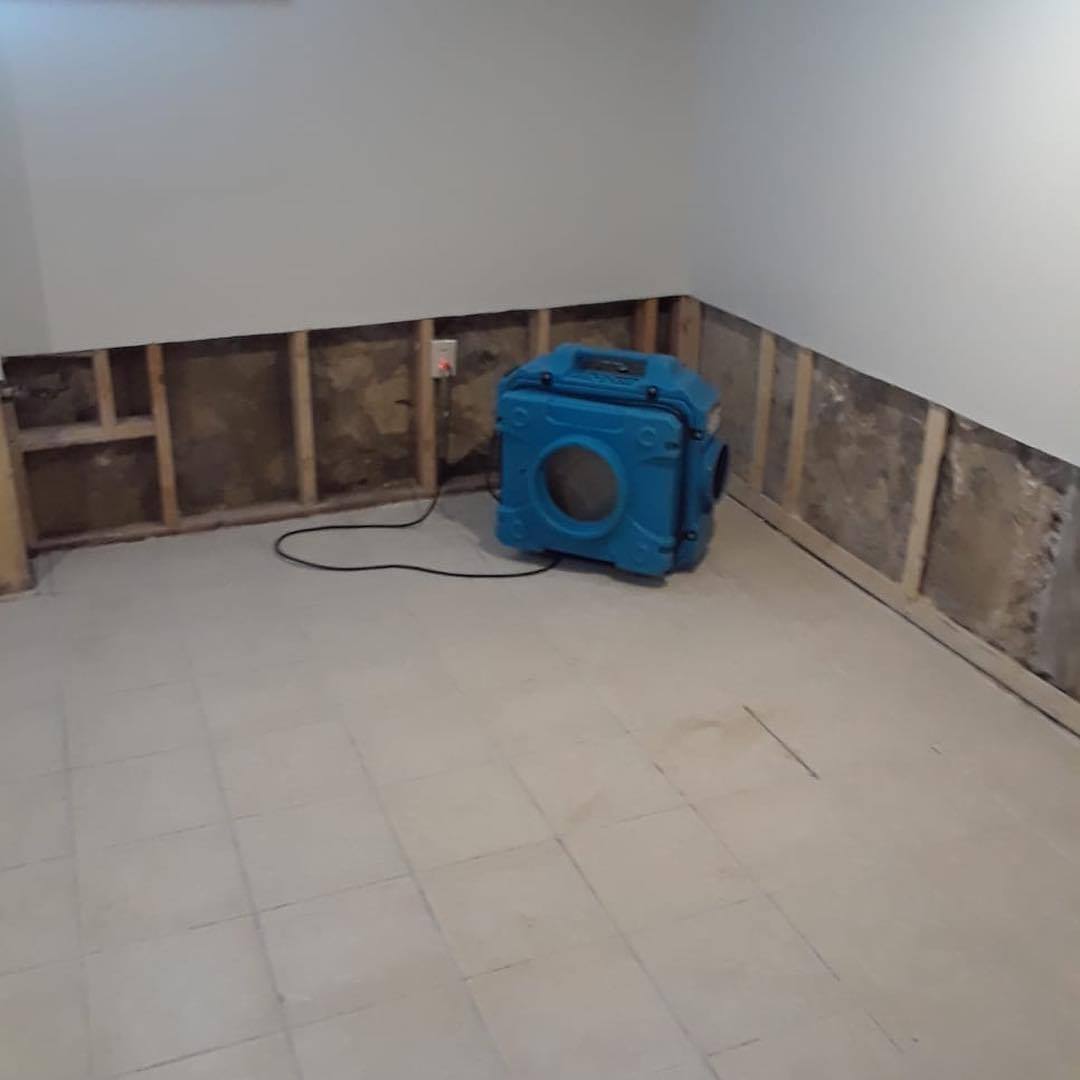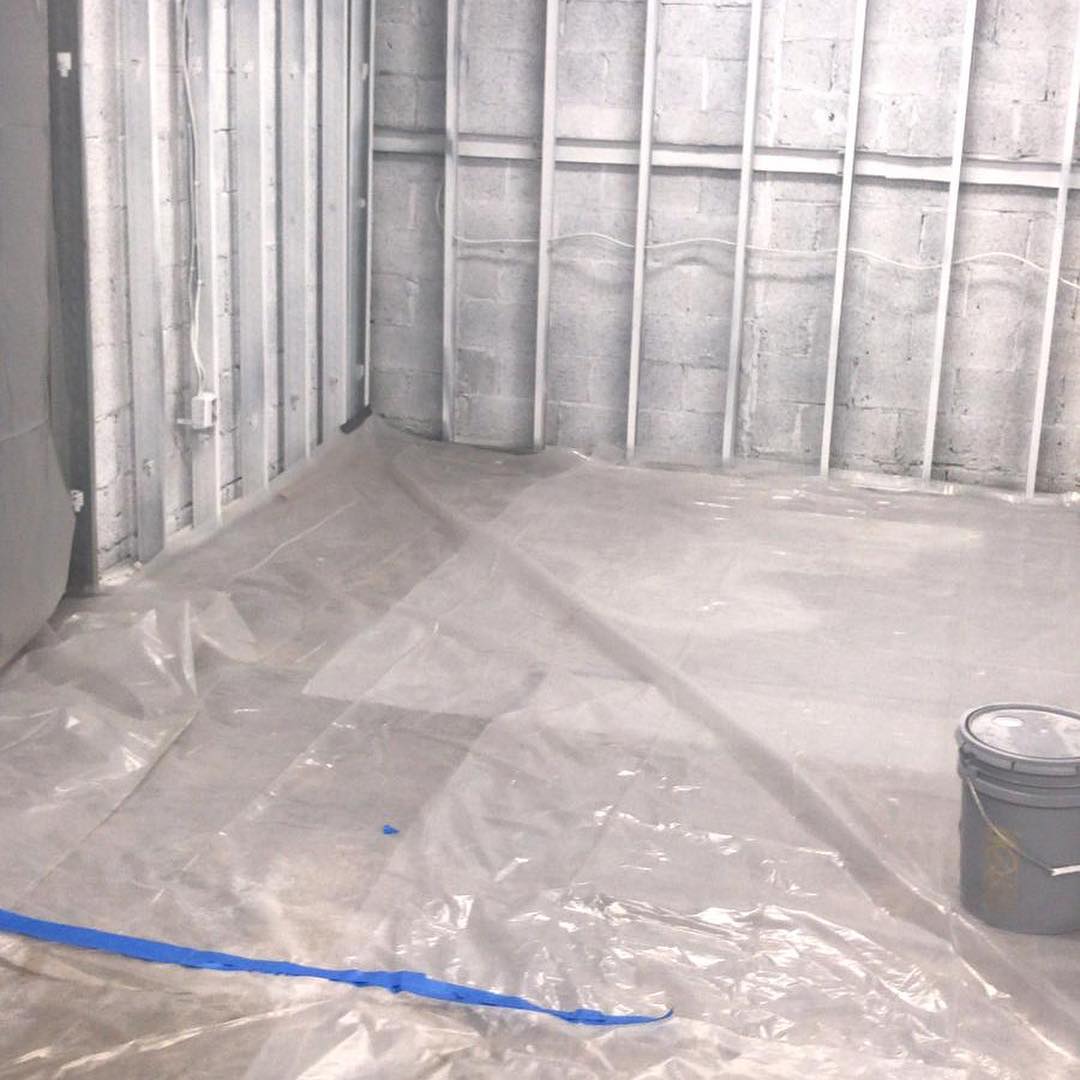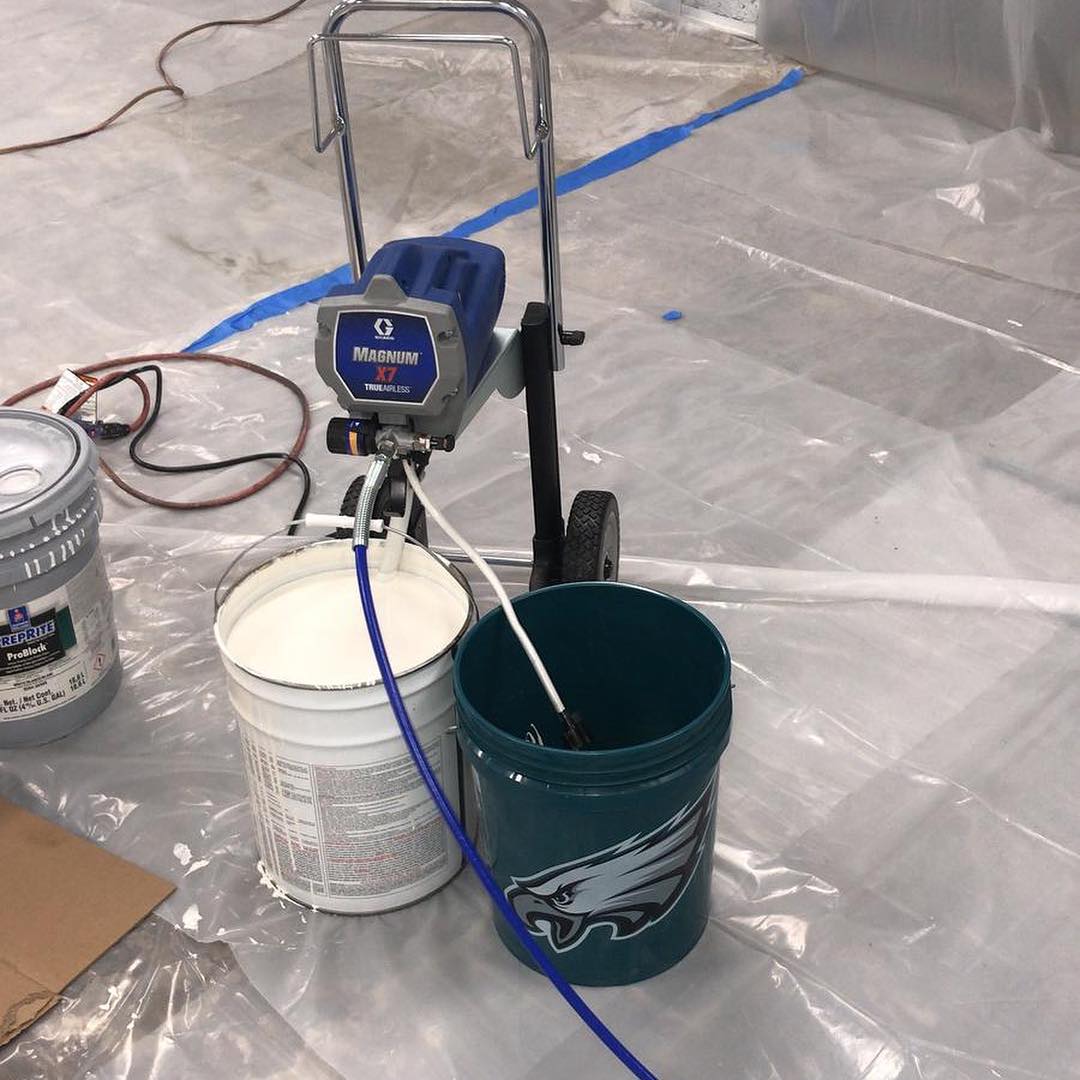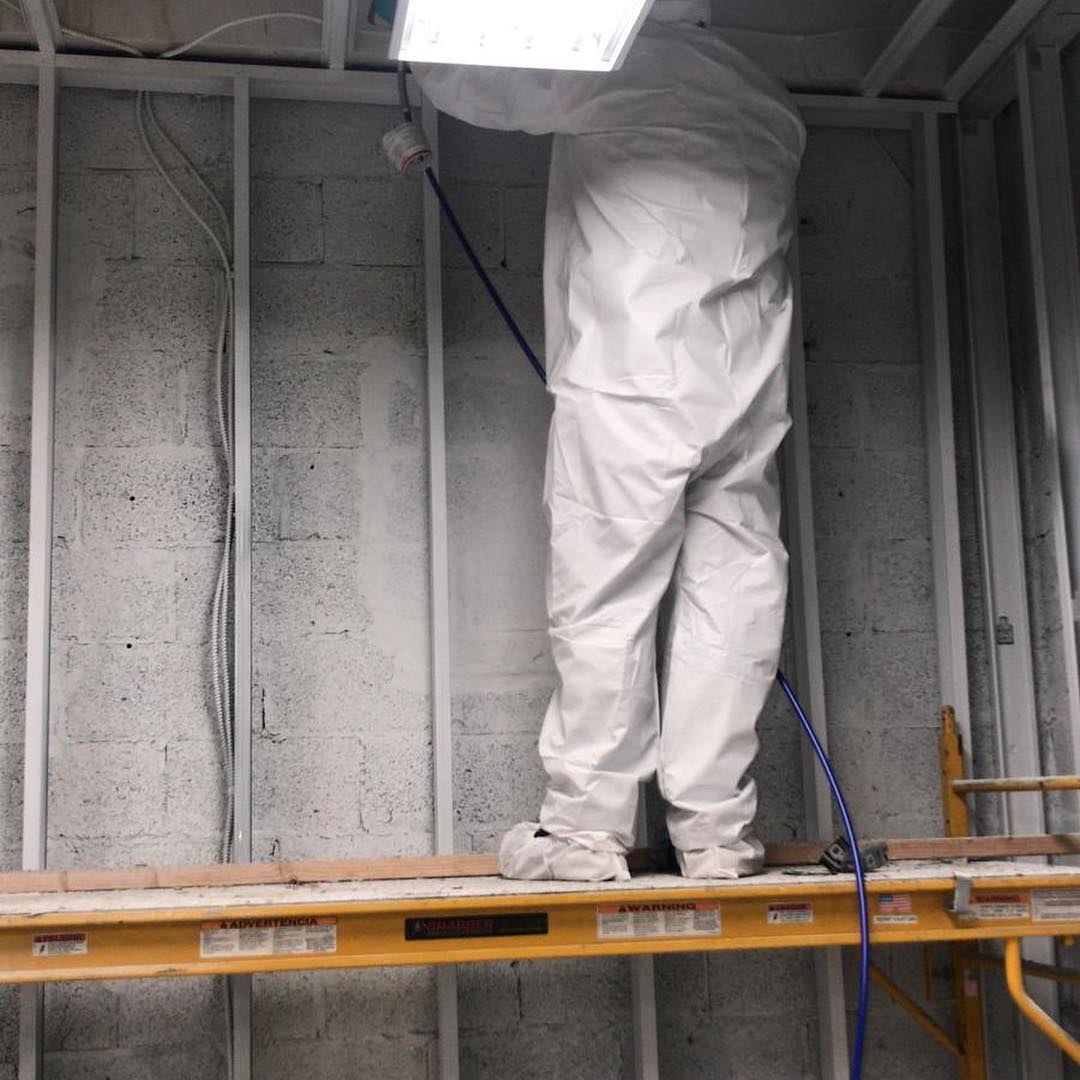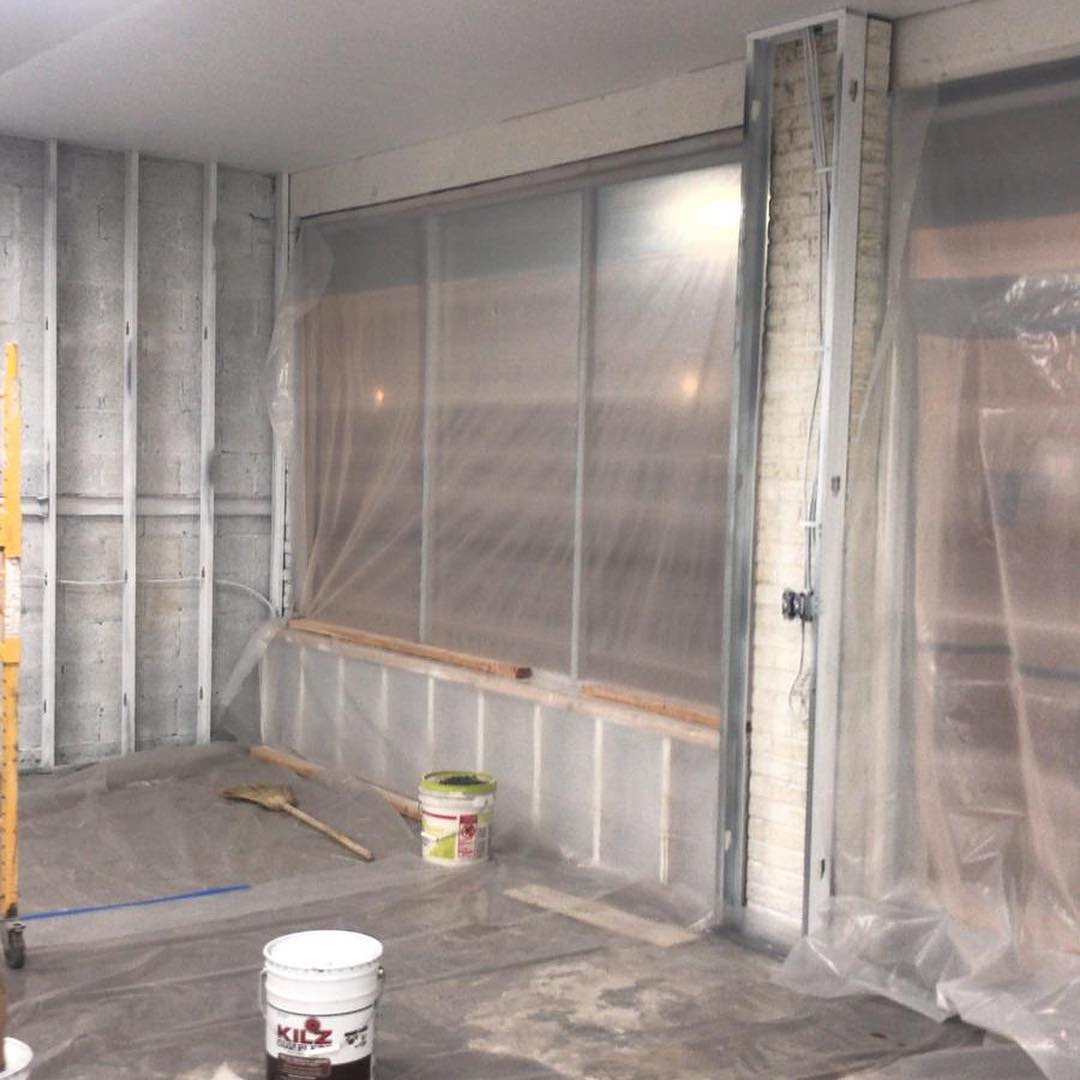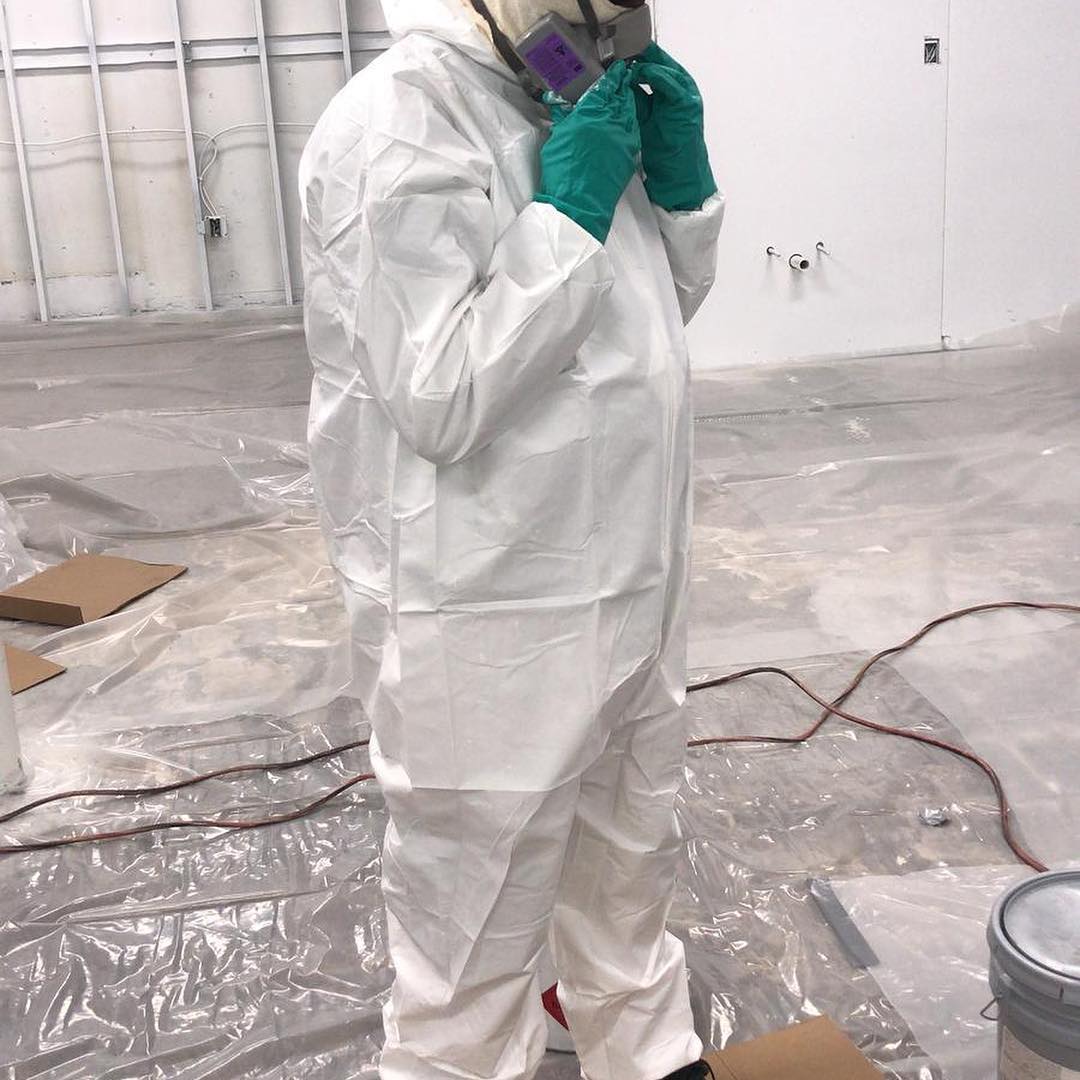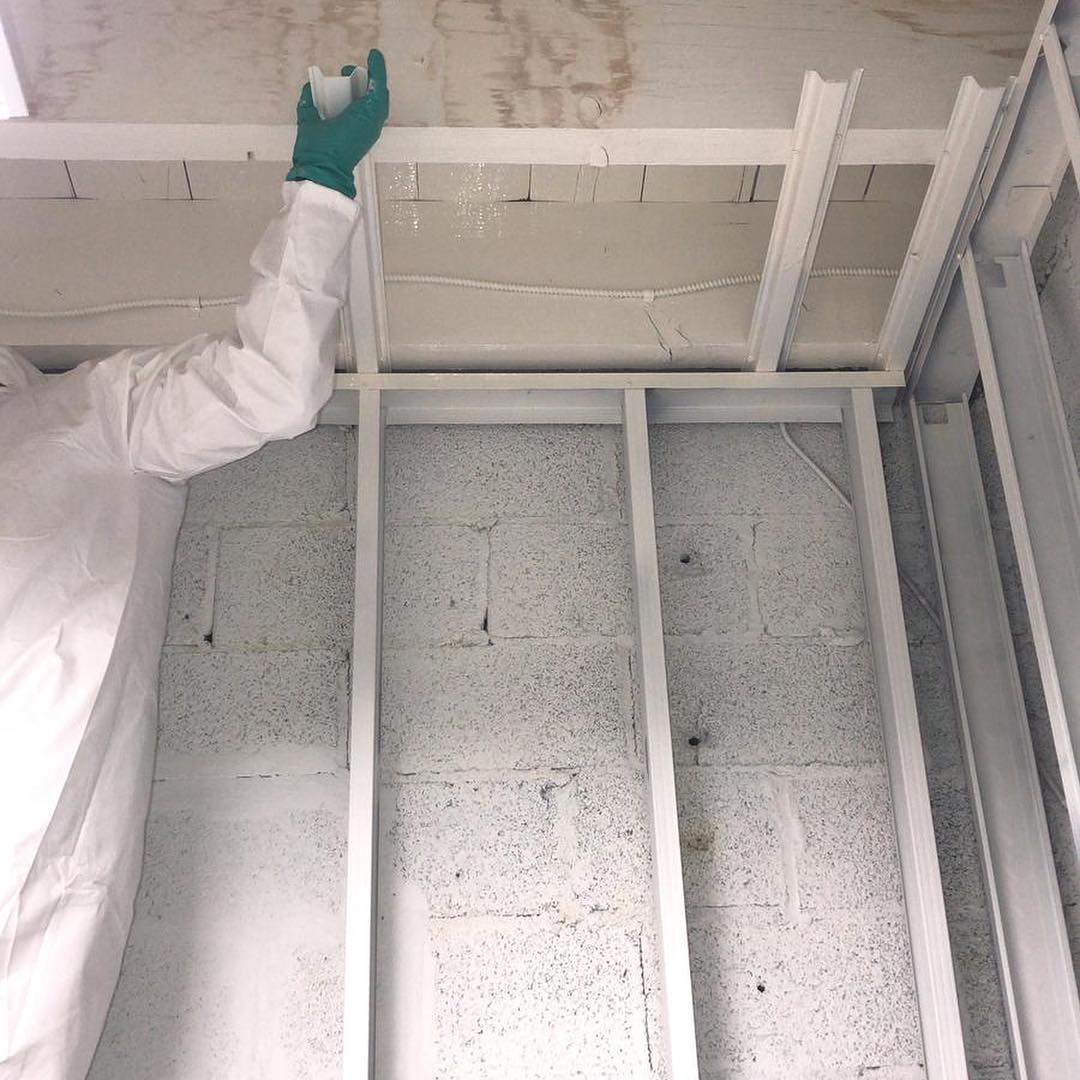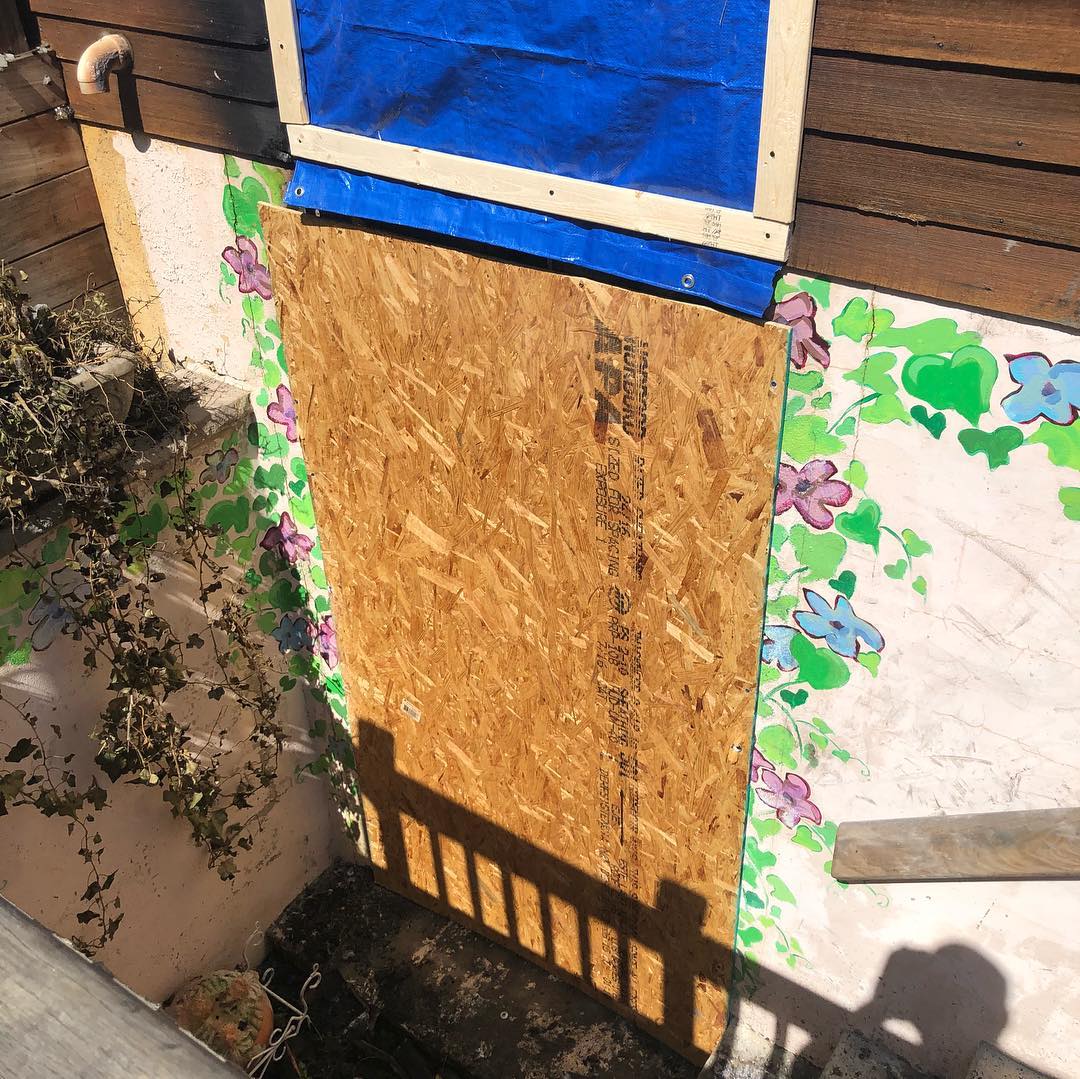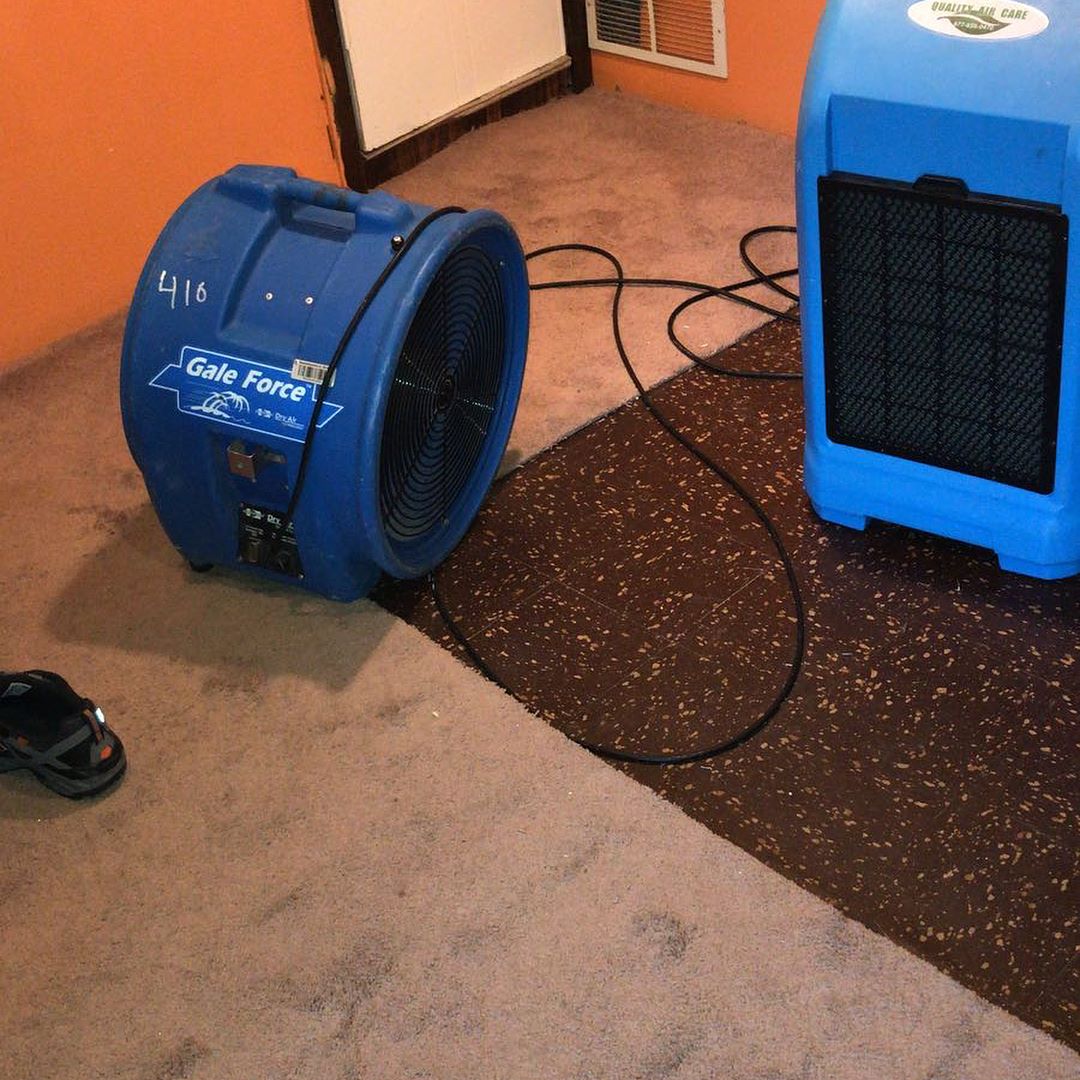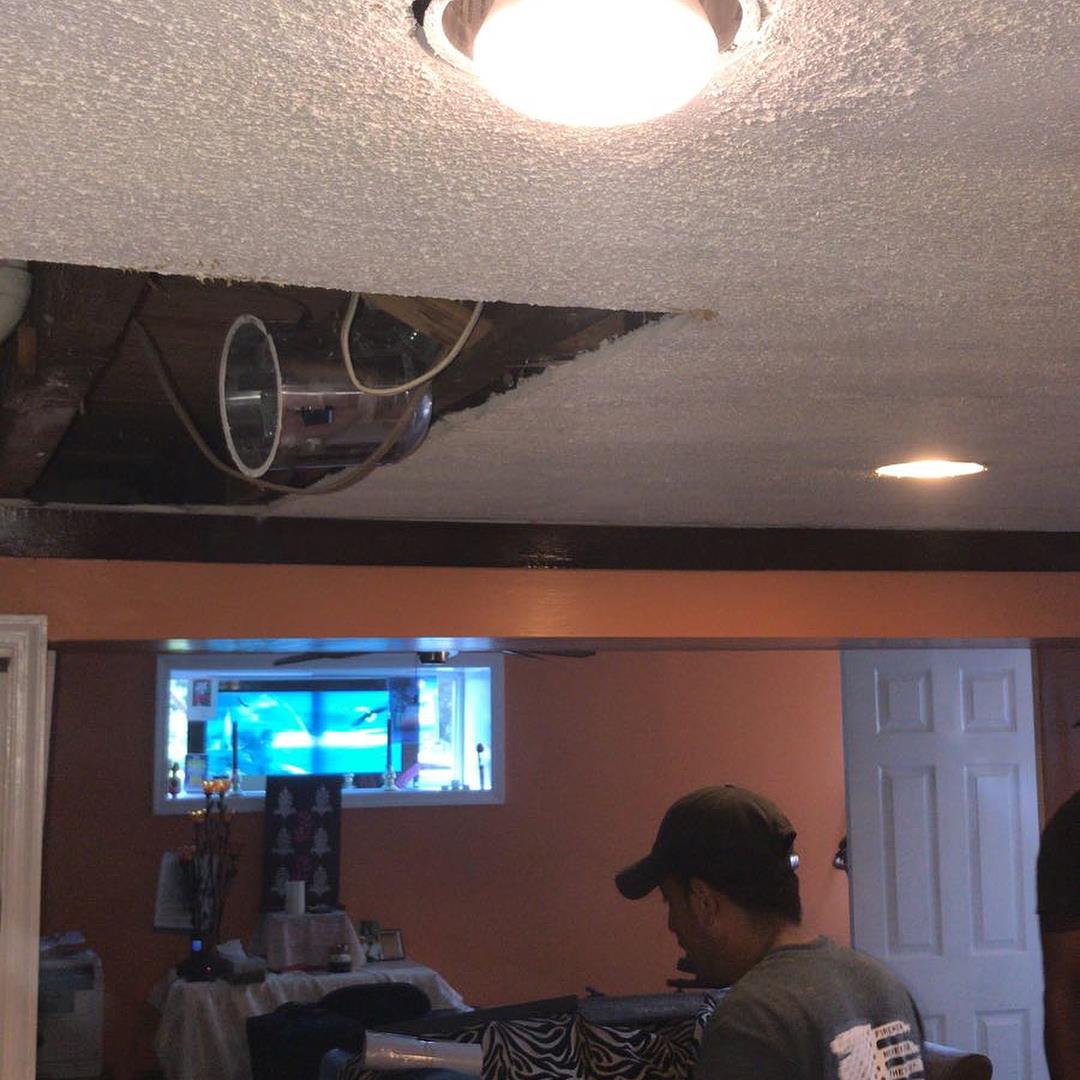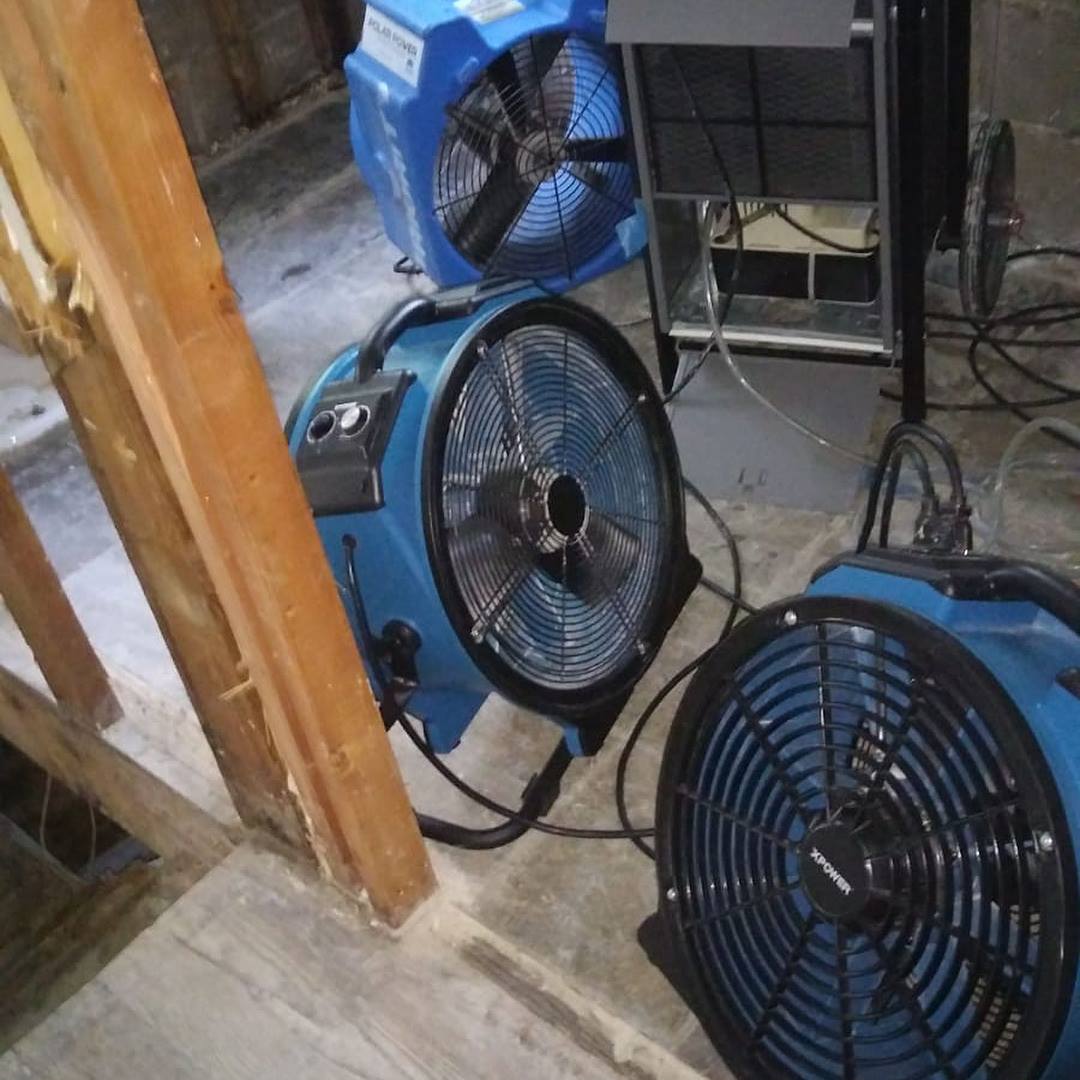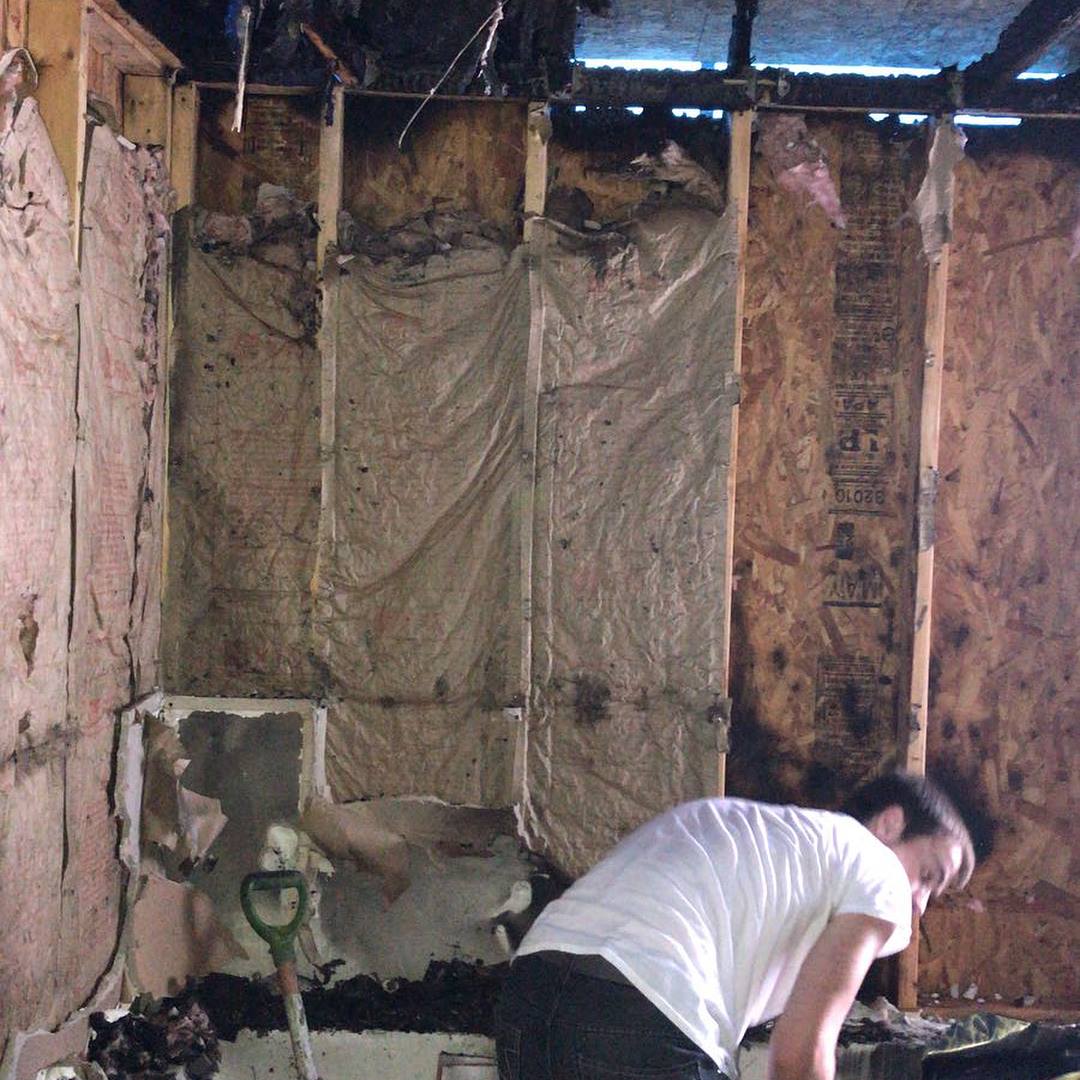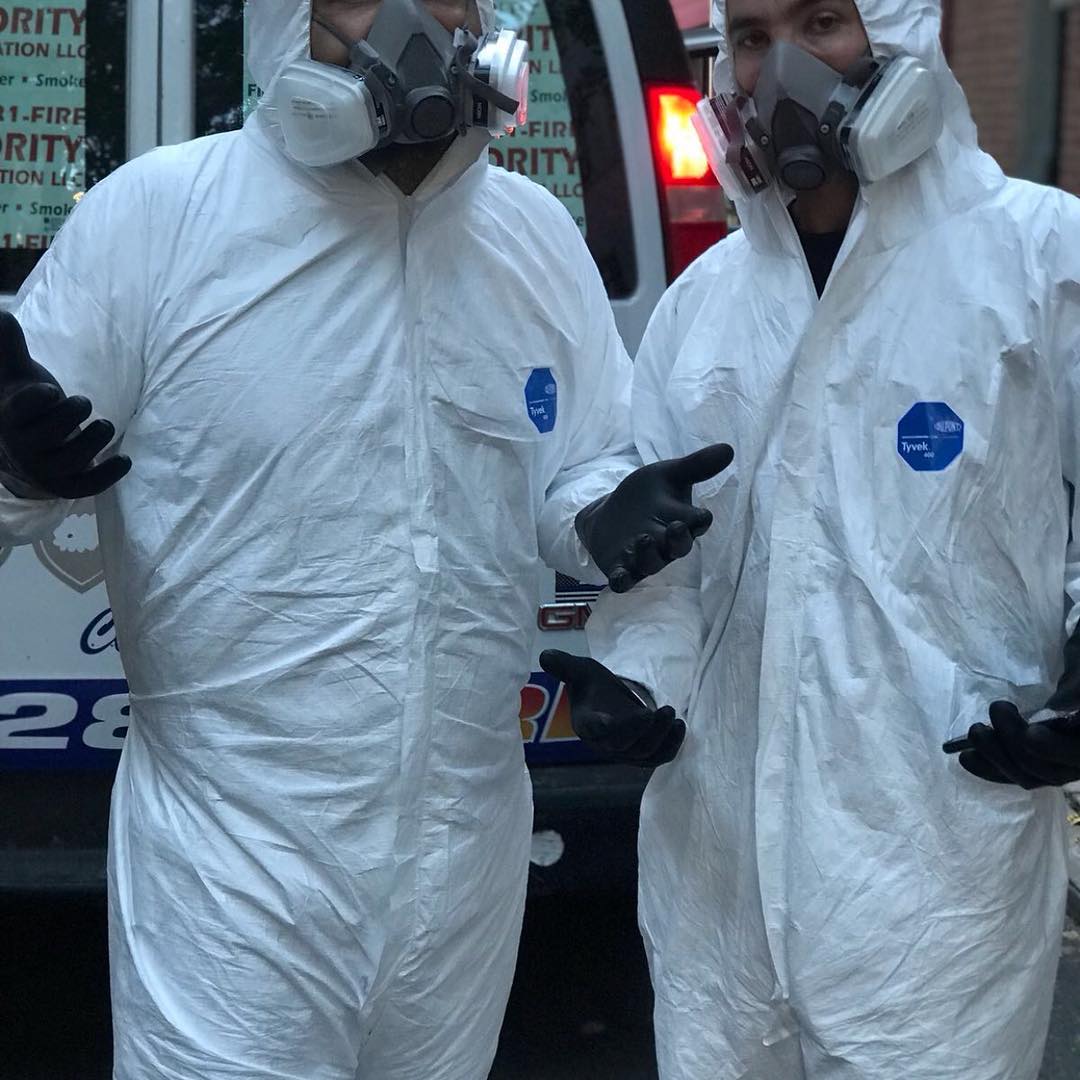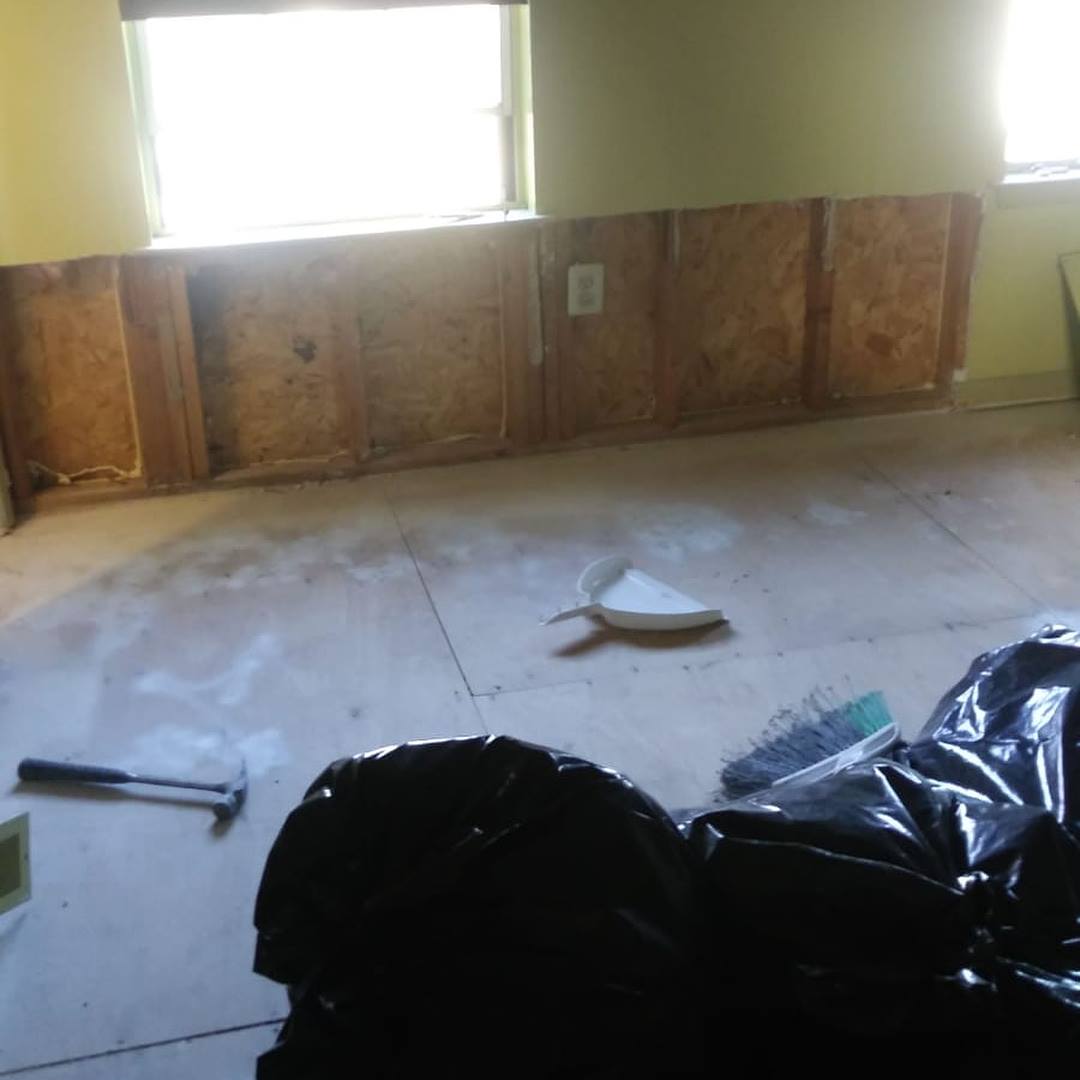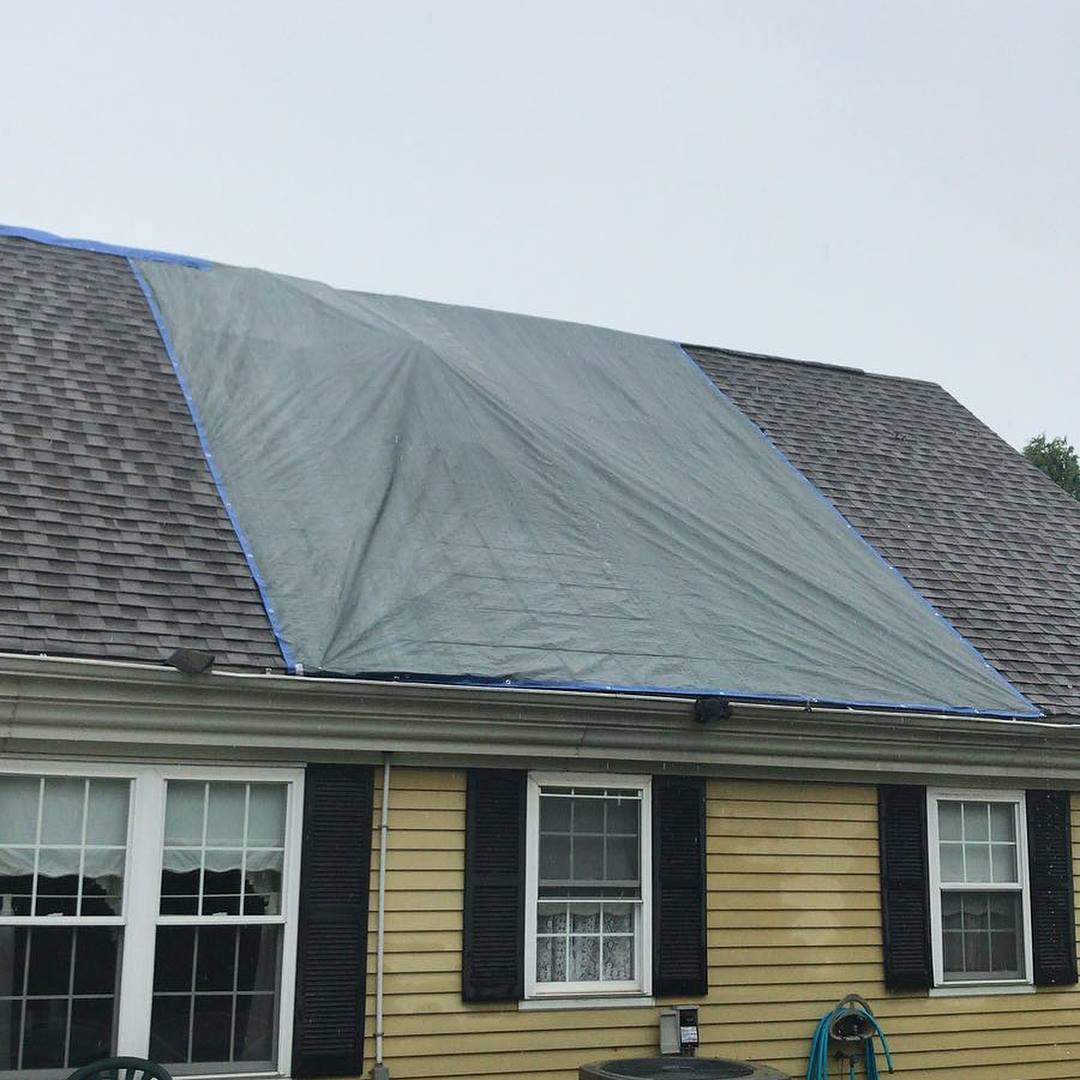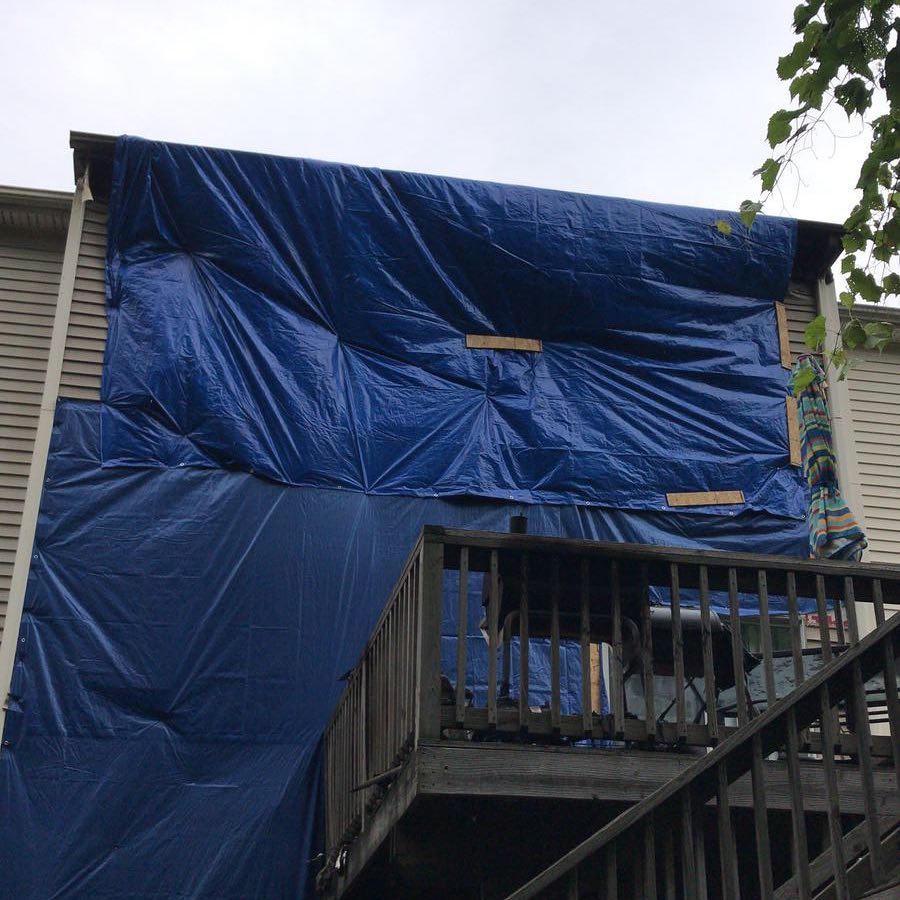
When dealing with gym flood damage, you need a reliable and local team of Philly damage restoration experts in your corner. We've restored 100s of properties, both residential and commercial, in the Philly area and we're ready to come out and help you 24/7.
We're certified, insured, and work with all insurance companies. We understand how overwhelming it can be dealing with unexpected damage so let us assist you with your claim so you can focus on getting your business back on track.

Request a Free Estimate
or call (445) 234-4123
By submitting the form, you agree to our Terms of Service and Privacy Policy.
Water damage can spell disaster for any business, but gyms and fitness facilities are particularly vulnerable due to their unique layouts, equipment, and usage patterns. As a gym owner or general manager in Philadelphia, it's crucial to understand the risks and implement strategies to protect your facility from floods, leaks, and water damage. Here's a detailed guide to help you keep your gym safe and operational.
Common Sources of Water Damage in Gyms
Gyms are susceptible to various types of water damage, ranging from minor leaks to catastrophic floods. Understanding the potential sources of water damage in your facility can help you take proactive steps to prevent costly repairs and downtime.
- Locker Rooms and Showers:
- Leaks from Plumbing Fixtures: Locker rooms are equipped with showers, sinks, and toilets, all of which are potential sources of water leaks. Over time, seals can wear out, and pipes can corrode, leading to water damage.
- Drainage Issues: Clogged drains in showers can lead to water pooling, which may seep into the flooring and walls, causing damage and promoting mold growth.
- Pools and Spas:
- Overflow and Splash Water: Pools and spas are prime candidates for water damage, especially if not properly contained. Splash water can easily find its way into the surrounding floors and walls, leading to rot and decay.
- Filtration System Failures: A malfunction in your pool’s filtration system can cause significant water leaks, potentially flooding nearby areas.
- Weight Rooms and Cardio Areas:
- Roof Leaks: Philadelphia's unpredictable weather can lead to roof leaks, especially in older buildings. Water seeping through the ceiling can damage expensive gym equipment and create hazardous conditions for members.
- Condensation from HVAC Systems: Poorly maintained HVAC systems can produce excess condensation, which might drip onto equipment or flooring, leading to water damage over time.
- Basements and Lower Levels:
- Flooding from Heavy Rain: If your gym is located in a basement or lower level, it’s at risk of flooding during heavy rains, particularly in flood-prone areas of Philadelphia.
- Sump Pump Failures: Basements often rely on sump pumps to keep water out. A malfunctioning sump pump can result in significant water accumulation, leading to extensive damage.
Preventative Measures to Protect Your Gym
Taking preventive measures is key to minimizing the risk of water damage in your gym. Here are some actionable tips for gym owners and managers in Philadelphia:
- Regular Inspections and Maintenance:
- Inspect Plumbing Systems: Regularly check all plumbing fixtures, pipes, and drains for signs of leaks or wear. Promptly address any issues to prevent small leaks from becoming major problems.
- Roof Maintenance: Have your roof inspected annually, especially after severe weather events, to identify and repair any vulnerabilities.
- HVAC System Servicing: Ensure your HVAC systems are regularly serviced to prevent condensation buildup and ensure proper drainage.
- Invest in Waterproofing Solutions:
- Floor and Wall Sealing: Apply waterproof sealants to floors and walls in high-moisture areas such as locker rooms and pool decks. This can help prevent water from seeping into the structure.
- Sump Pump Installation and Maintenance: If your gym has a basement, invest in a reliable sump pump and schedule regular maintenance to ensure it operates correctly during heavy rains.
- Implement Proper Drainage Systems:
- Floor Drains in High-Risk Areas: Install additional floor drains in locker rooms, pool areas, and other high-risk zones to quickly remove water and prevent pooling.
- Gutter and Downspout Maintenance: Ensure your building’s gutters and downspouts are clean and free of debris to prevent water from overflowing and damaging your roof or foundation.
- Prepare for Emergencies:
- Create a Water Damage Response Plan: Develop a plan that includes shutting off water sources, contacting a water damage restoration company like Philly Damage Restoration, and relocating members and staff to safe areas.
- Install Water Alarms: Place water detection alarms in areas prone to leaks, such as near HVAC units, water heaters, and plumbing fixtures. These alarms can alert you to water problems before they escalate.
What to Do if Your Gym Experiences Water Damage
Despite your best efforts, water damage can still occur. If your Philadelphia gym experiences a flood, leak, or any form of water damage, quick action is crucial to minimize the impact.
- Shut Off the Water Source: If the water damage is caused by a leak, immediately shut off the water supply to prevent further damage.
- Call a Professional Restoration Service: Contact Philly Damage Restoration as soon as possible. Our team specializes in gym water damage and can quickly assess the situation, remove excess water, and restore your facility to its original condition.
- Document the Damage: Take photos and videos of the damage for insurance purposes. This documentation will be crucial when filing a claim.
- Contact Your Insurance Provider: Notify your insurance company about the damage and start the claims process. Philly Damage Restoration can work with your insurer to ensure a smooth and efficient restoration process.
- Prevent Mold Growth: Water damage can quickly lead to mold growth, which can be hazardous to your members' health. Ensure proper drying and dehumidification of the affected areas to prevent mold from taking hold.
Frequently Asked Questions About Gym Flood Damage in Philly
Install and maintain a reliable sump pump to keep water out during heavy rains. Consider waterproofing the basement walls and floors, and ensure proper drainage around the building.





















